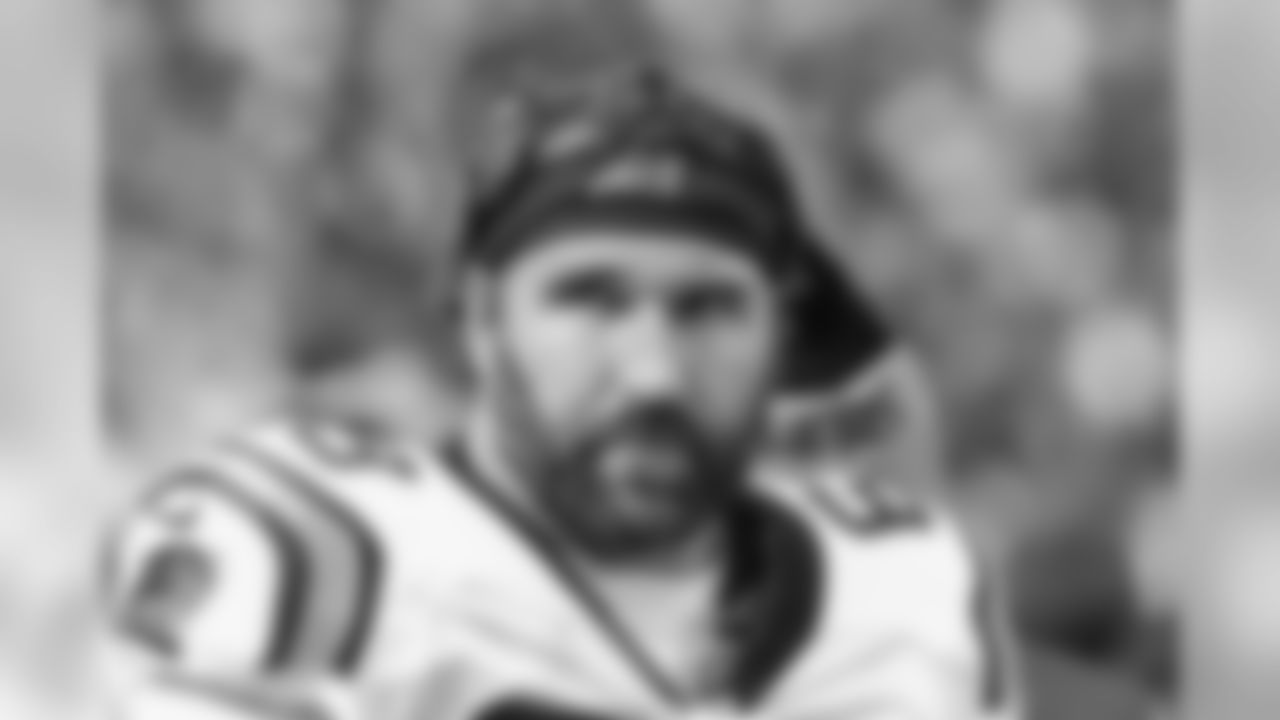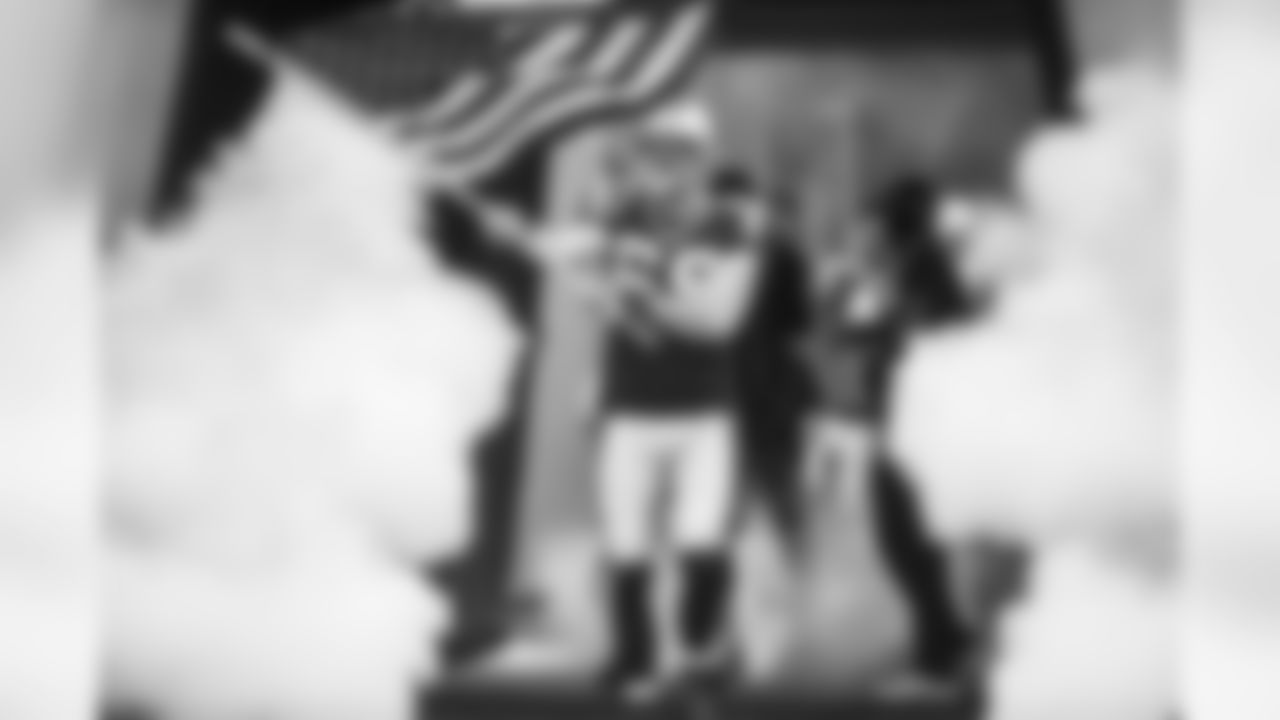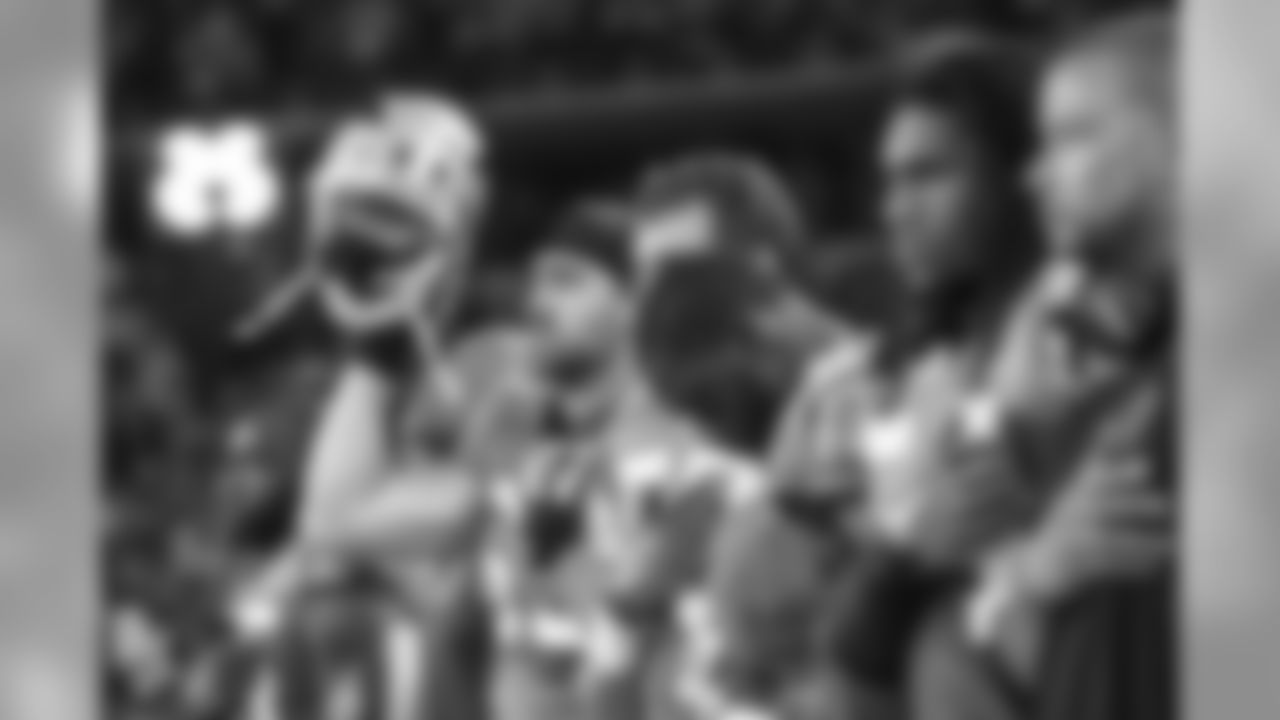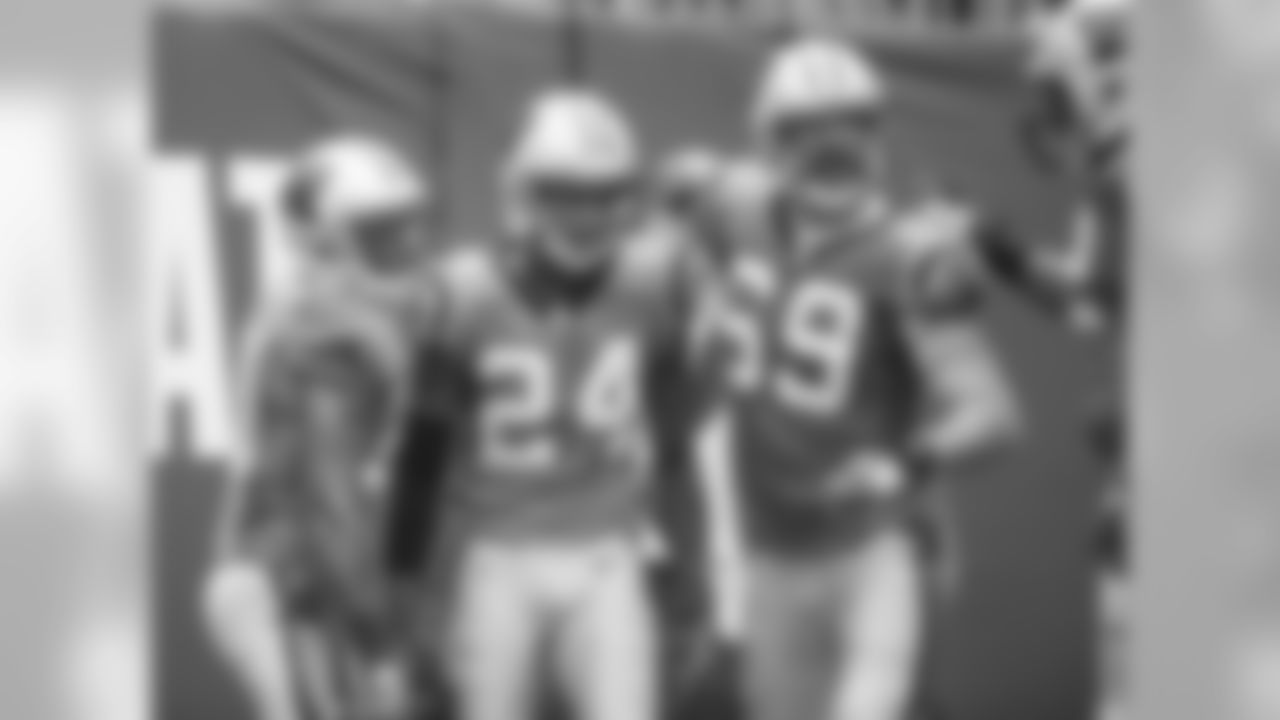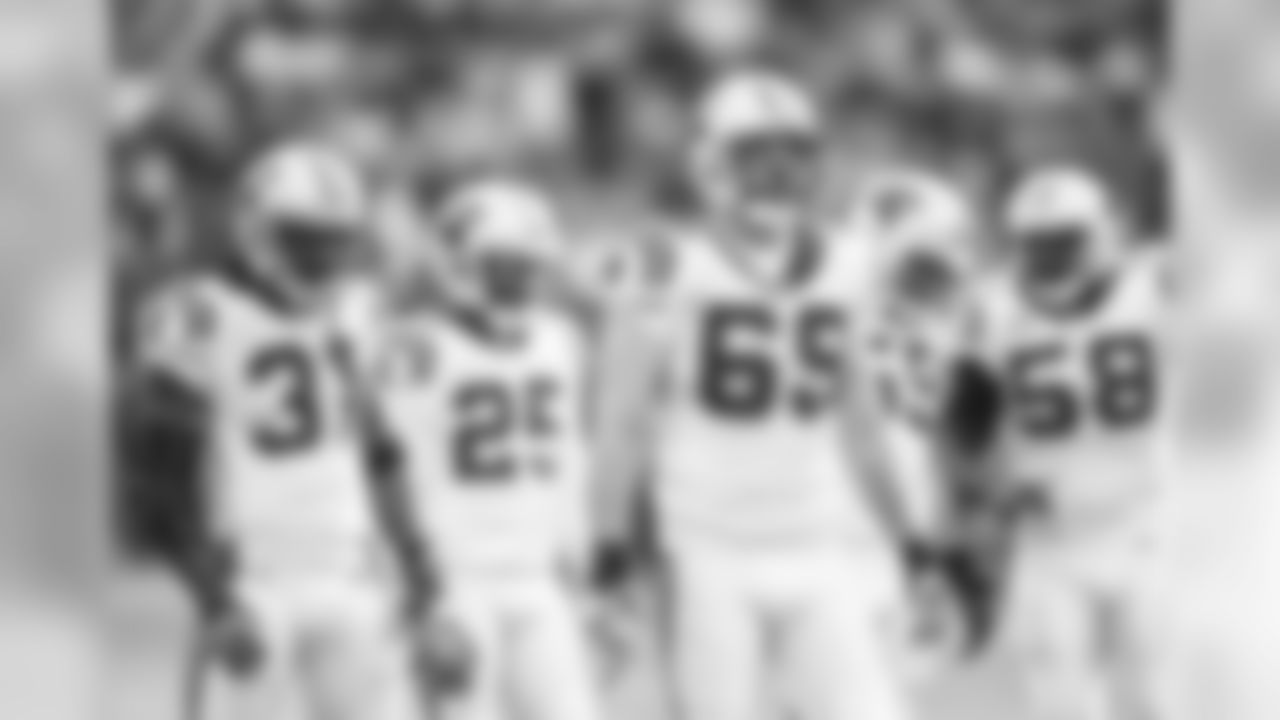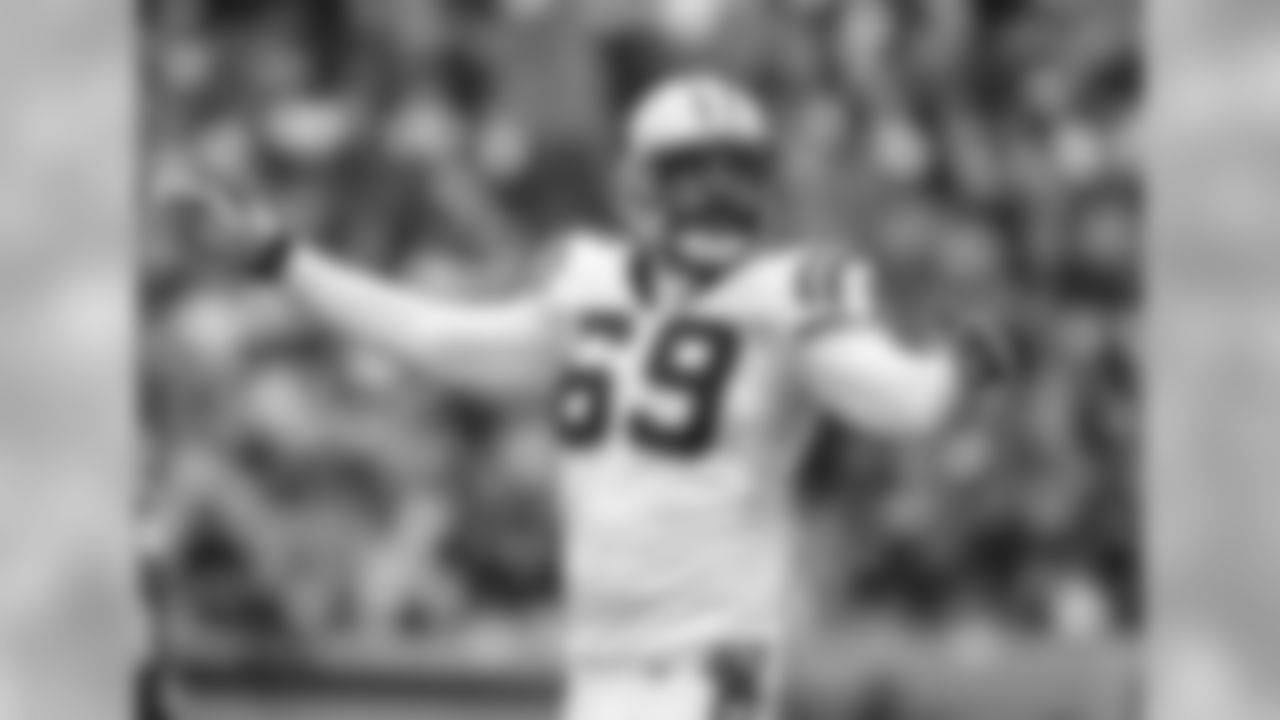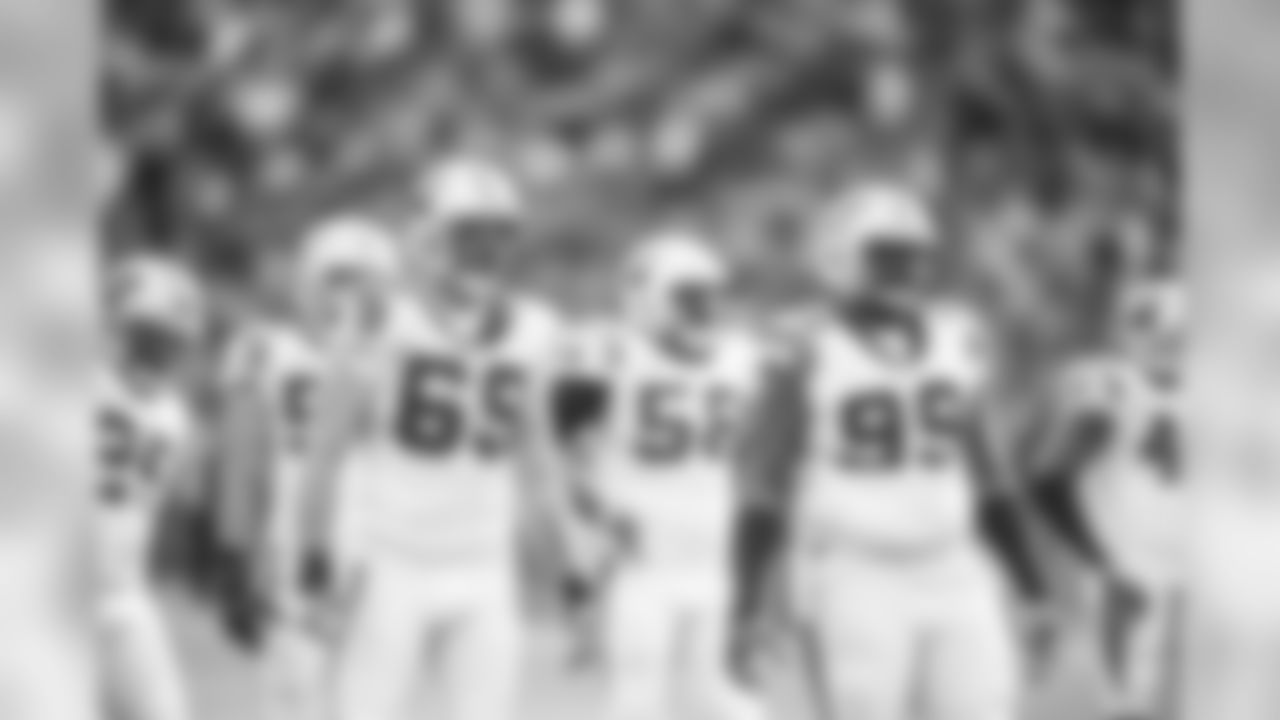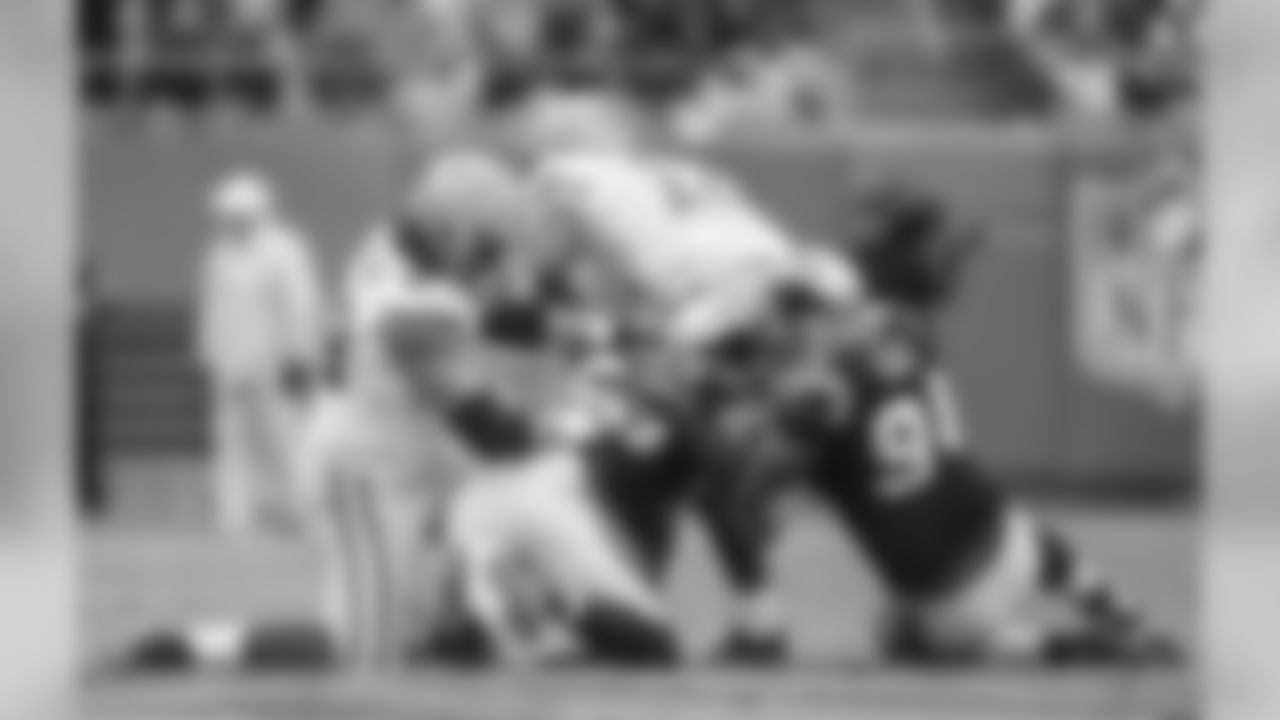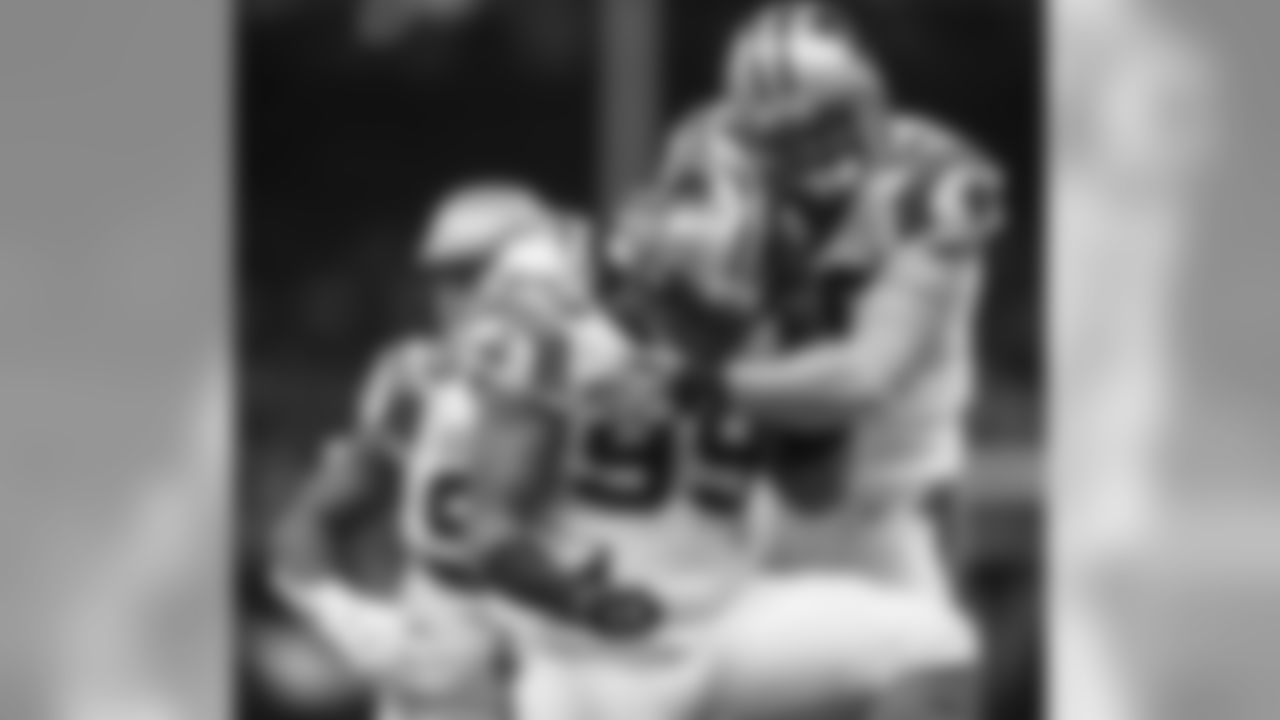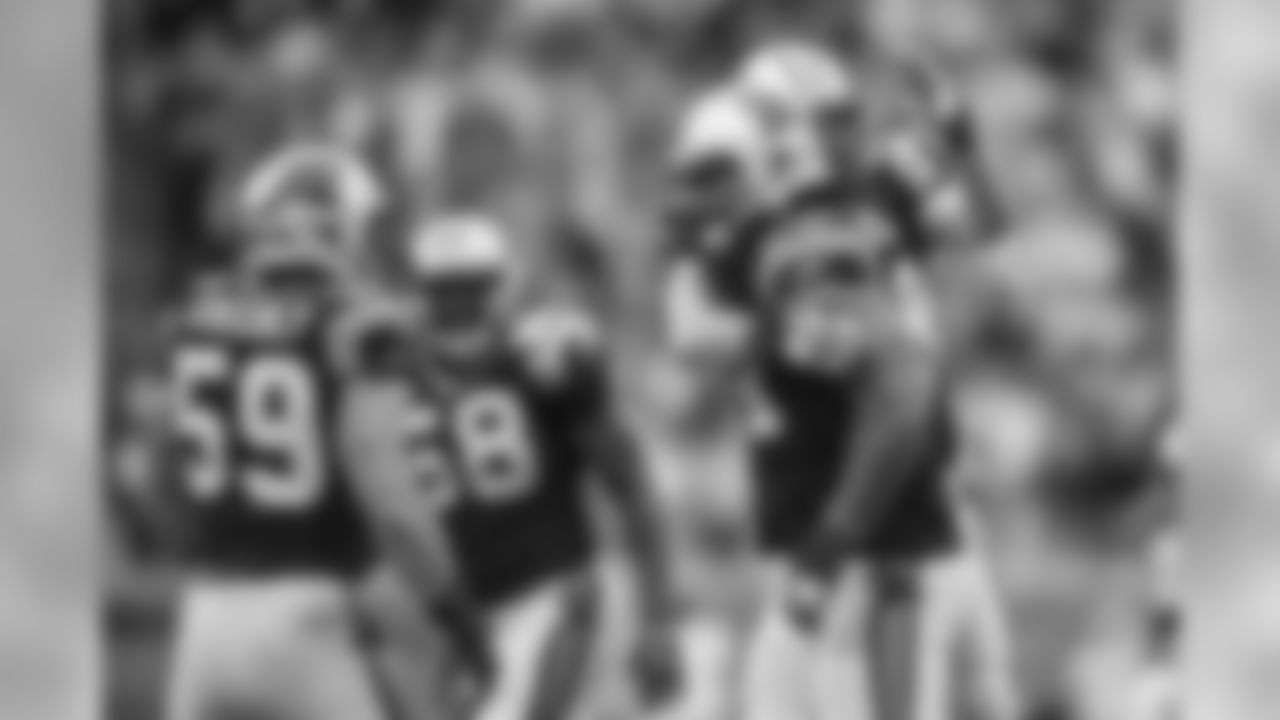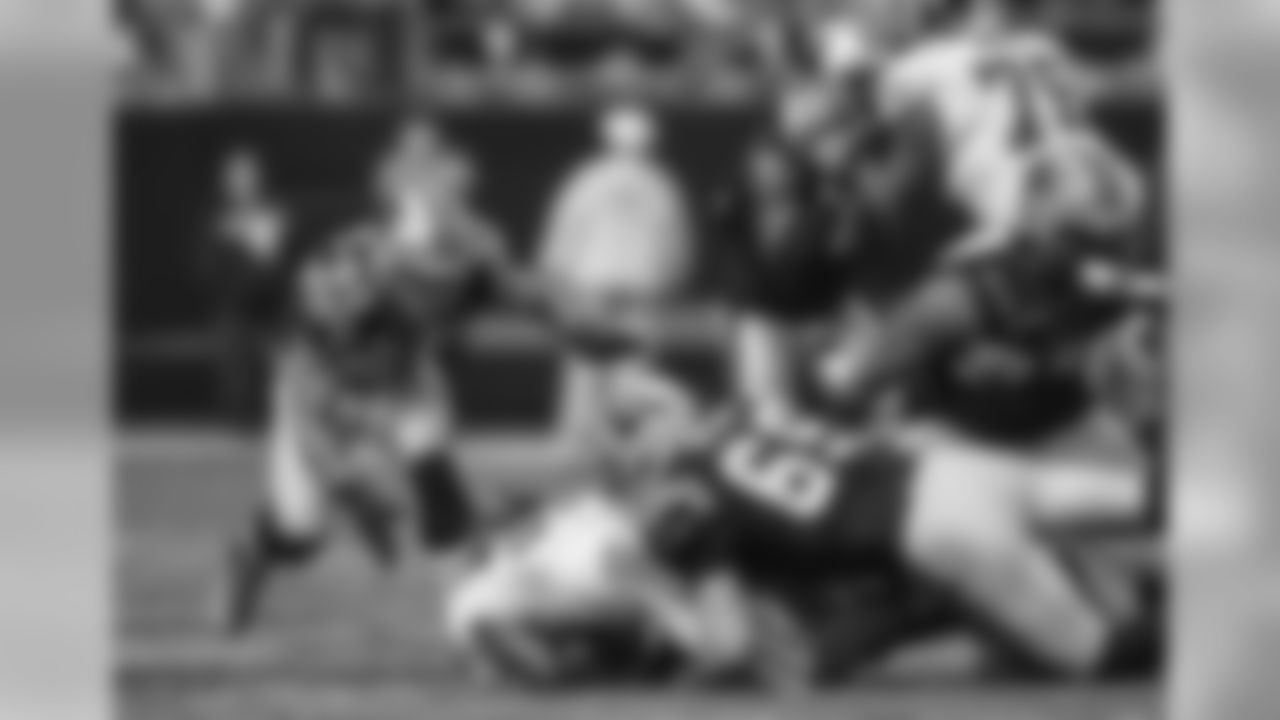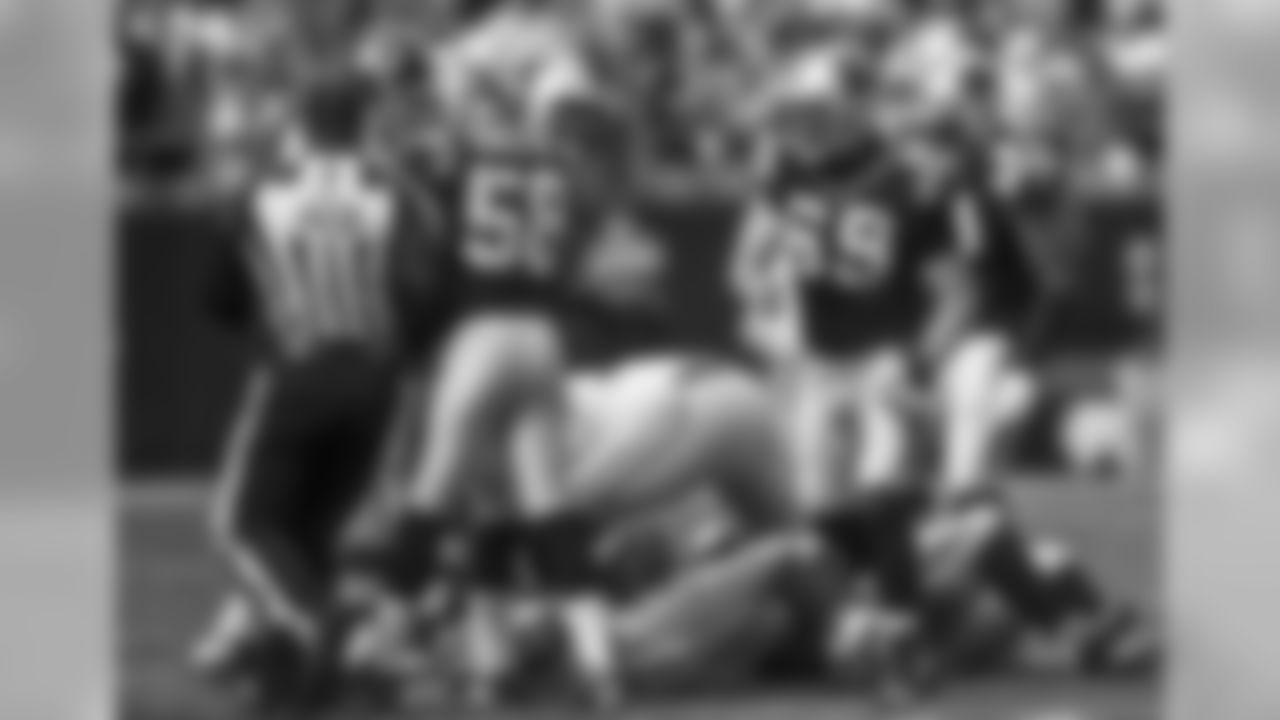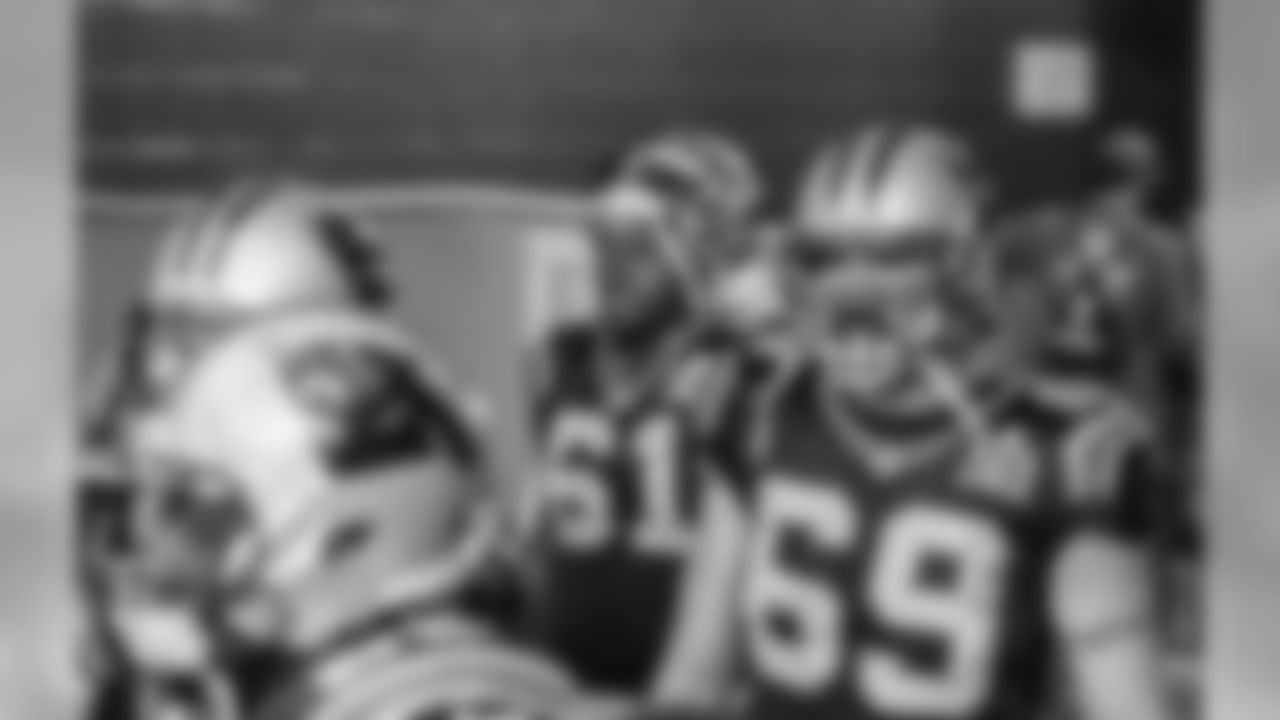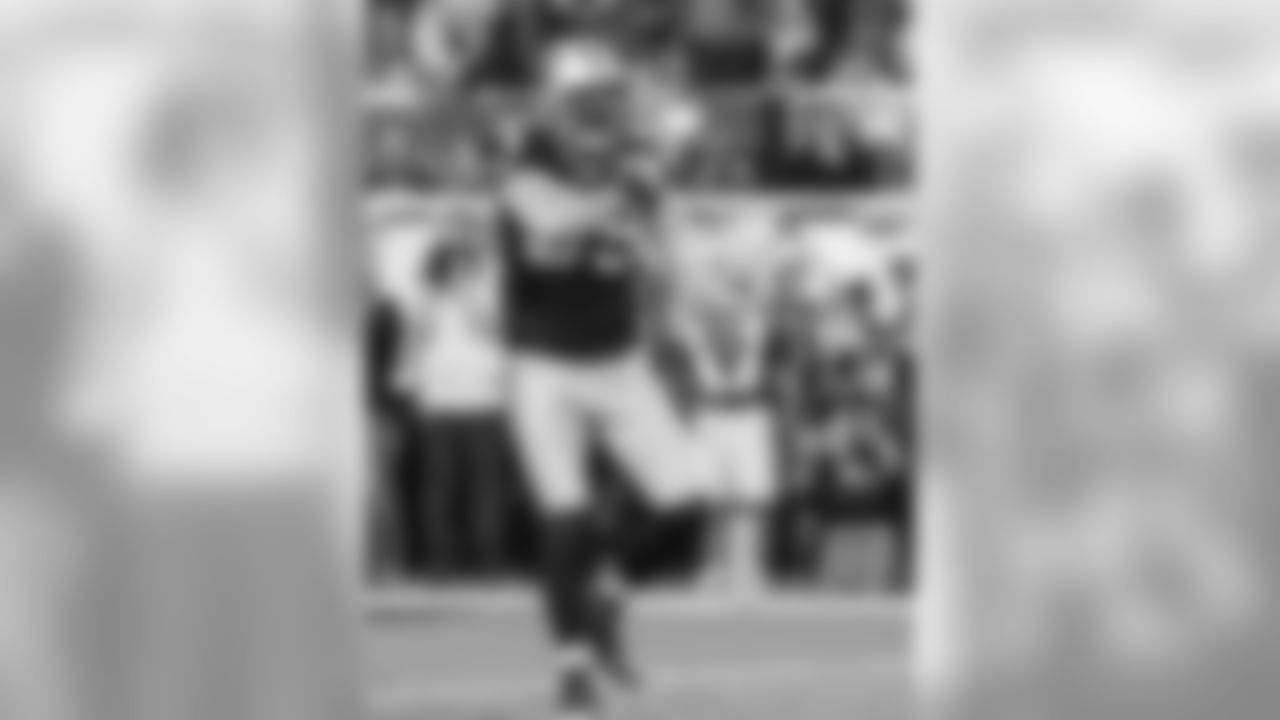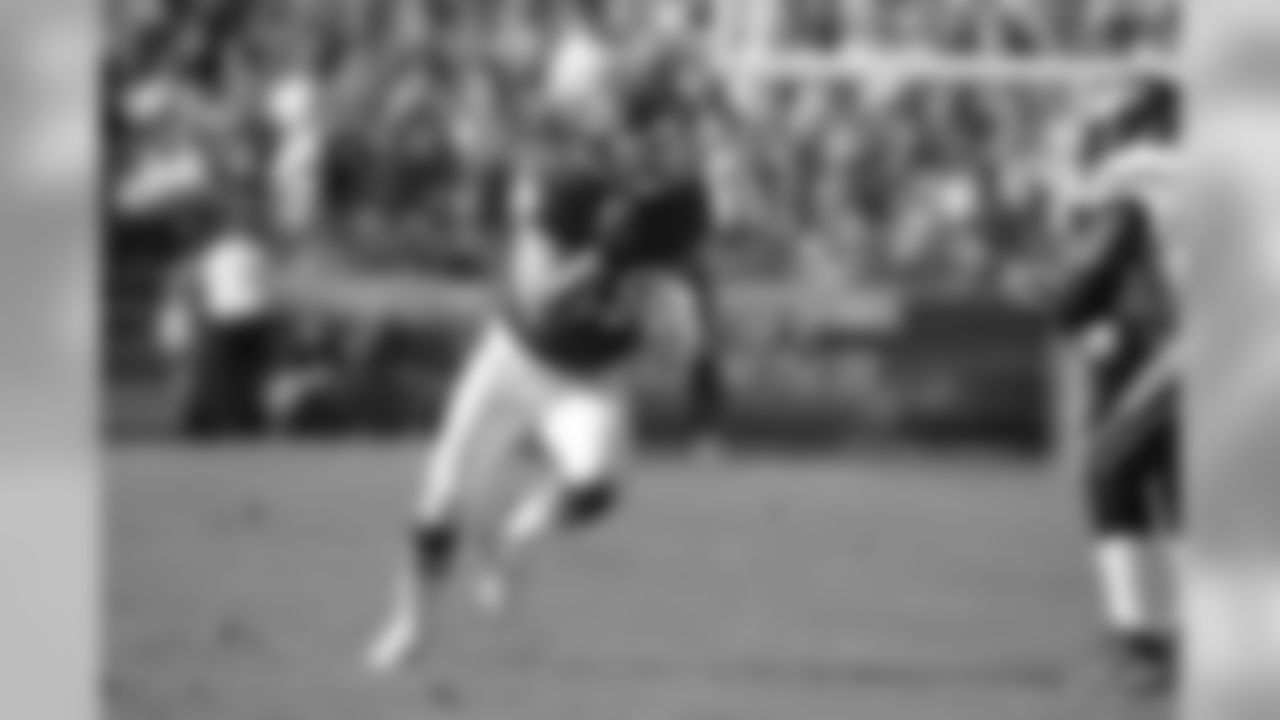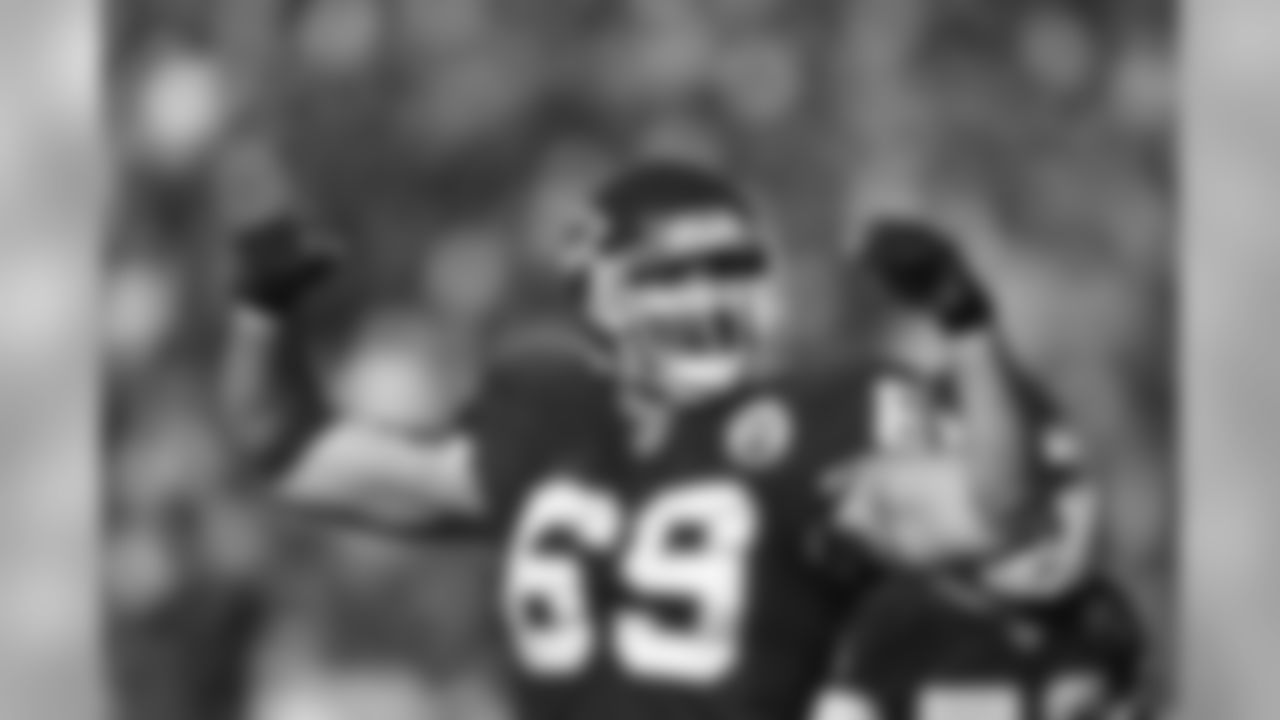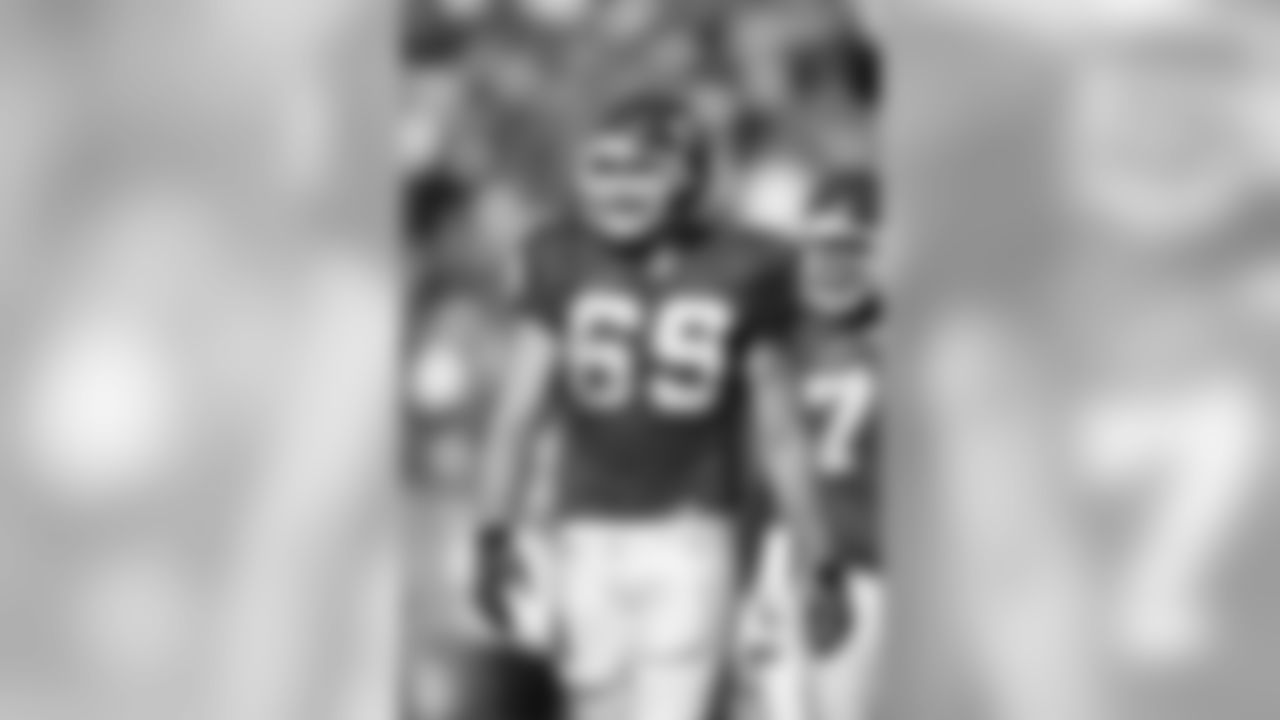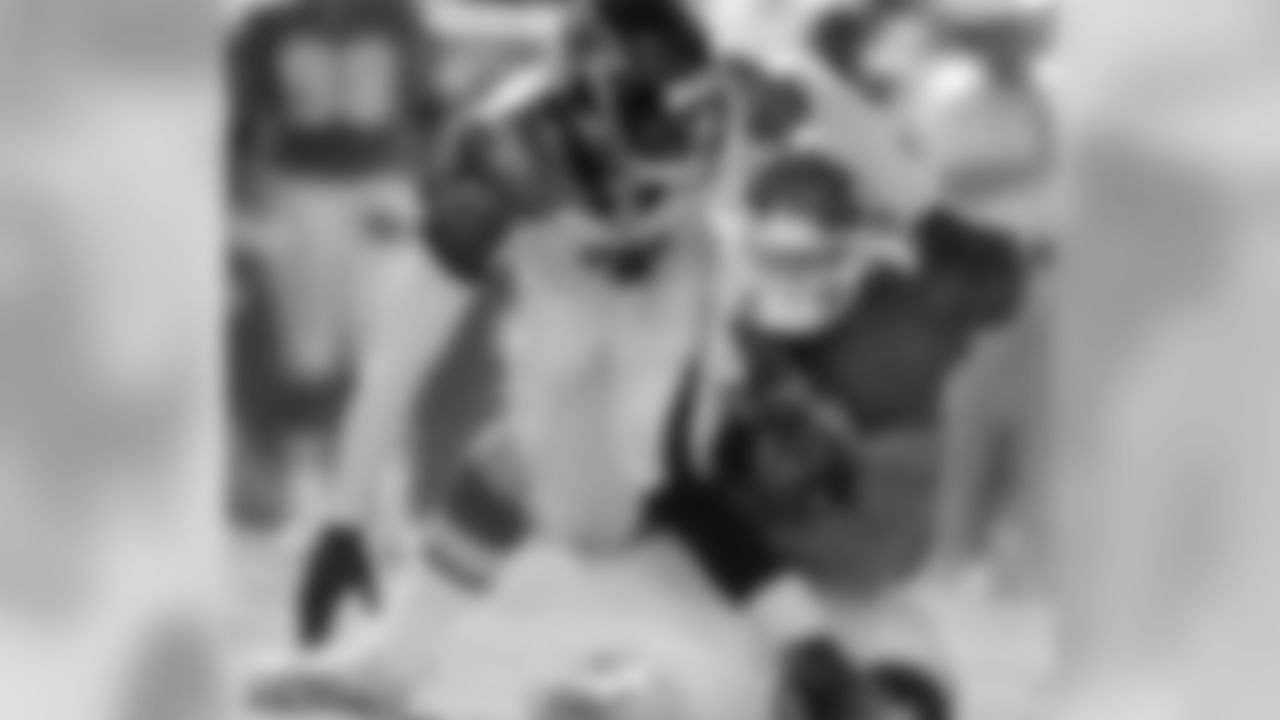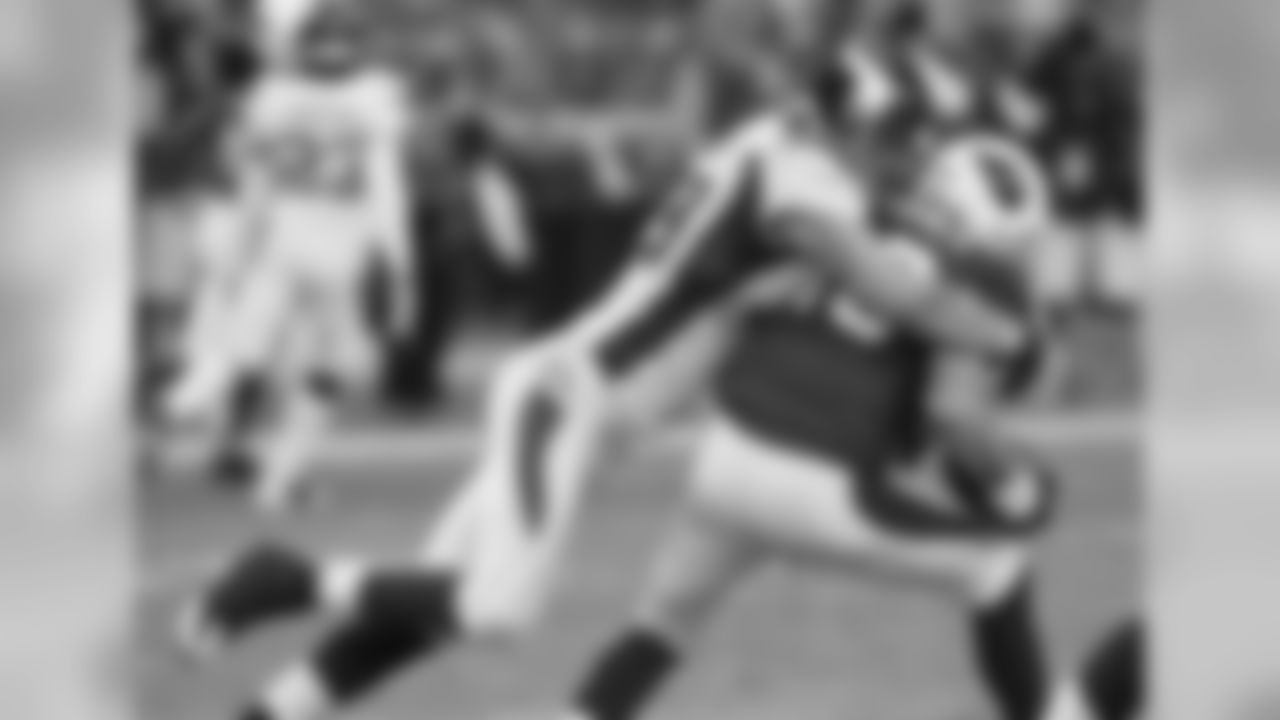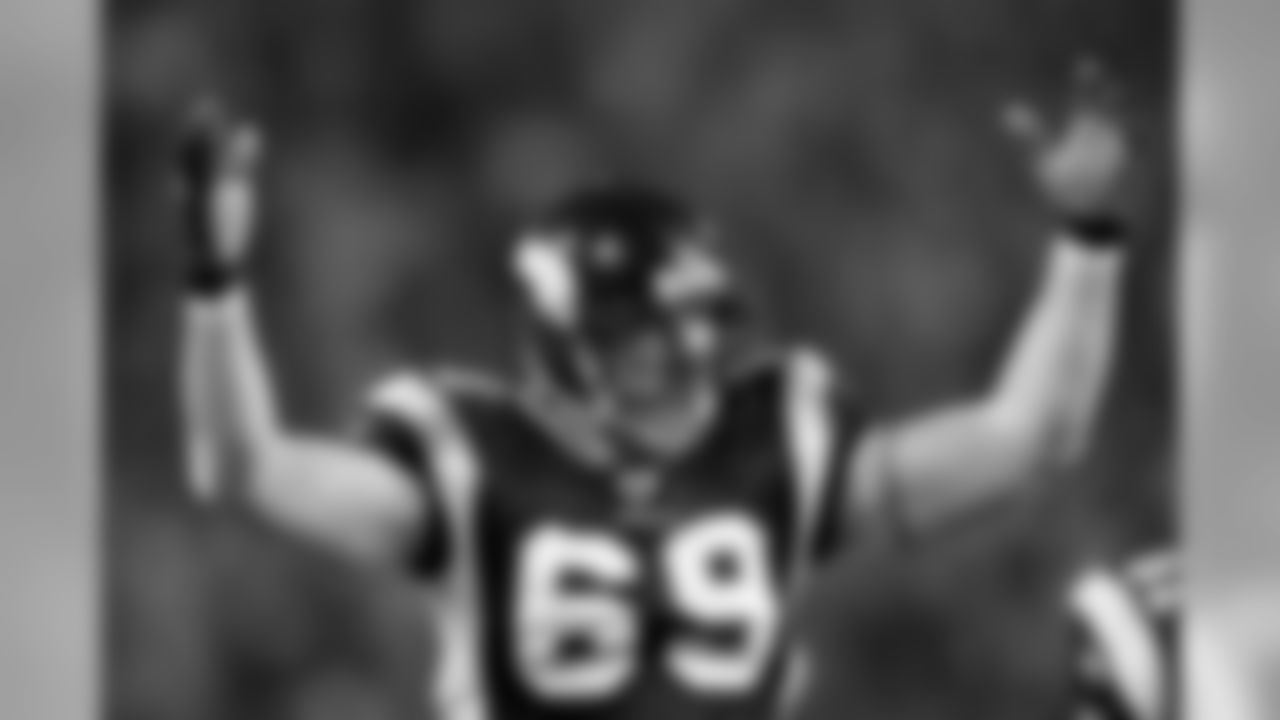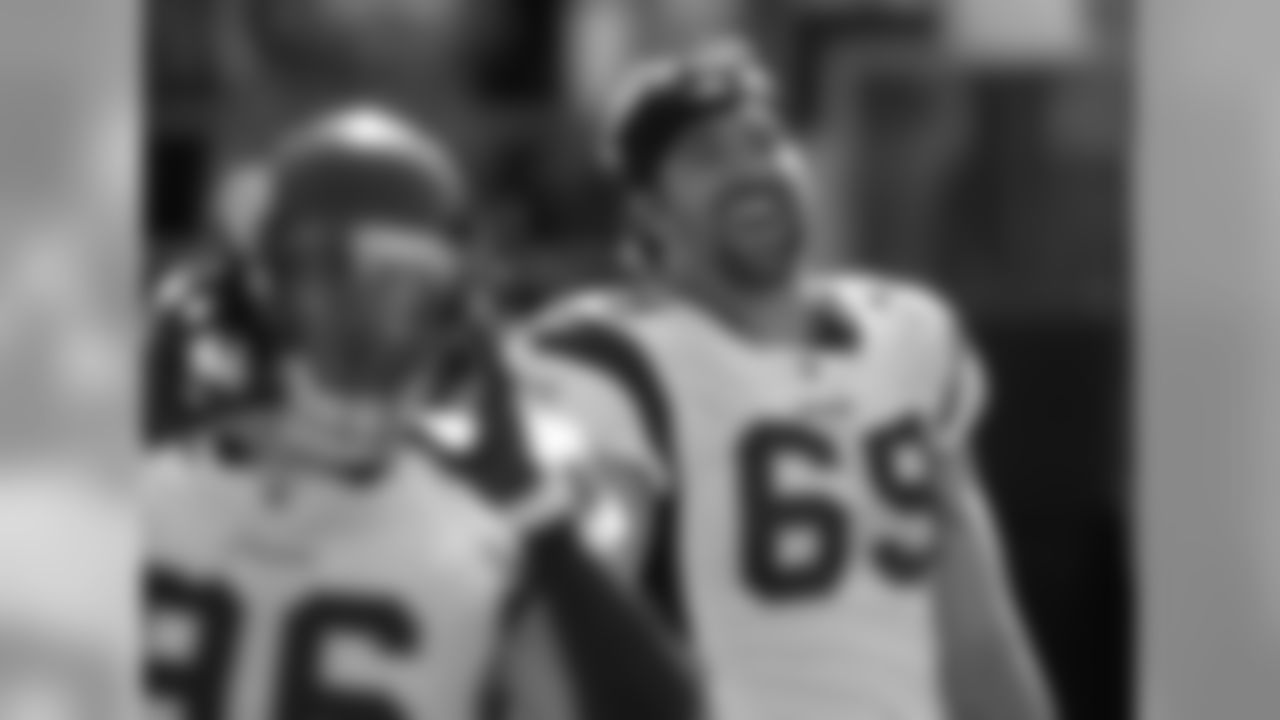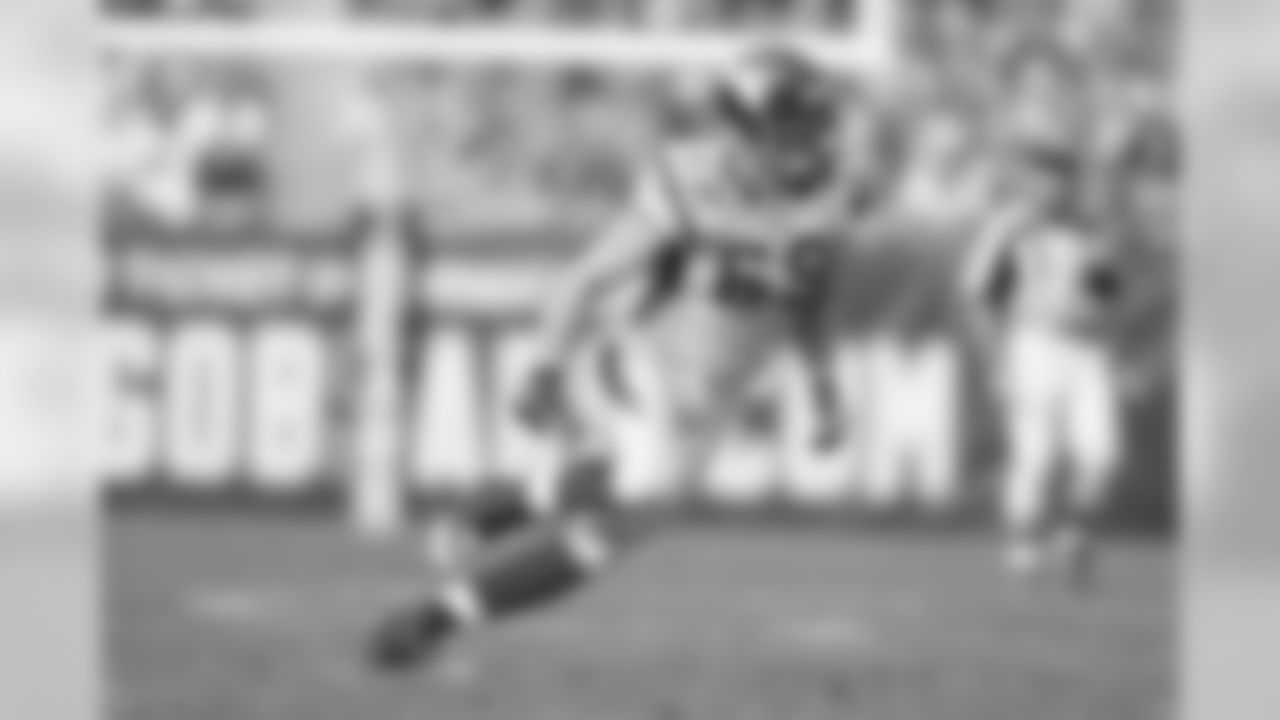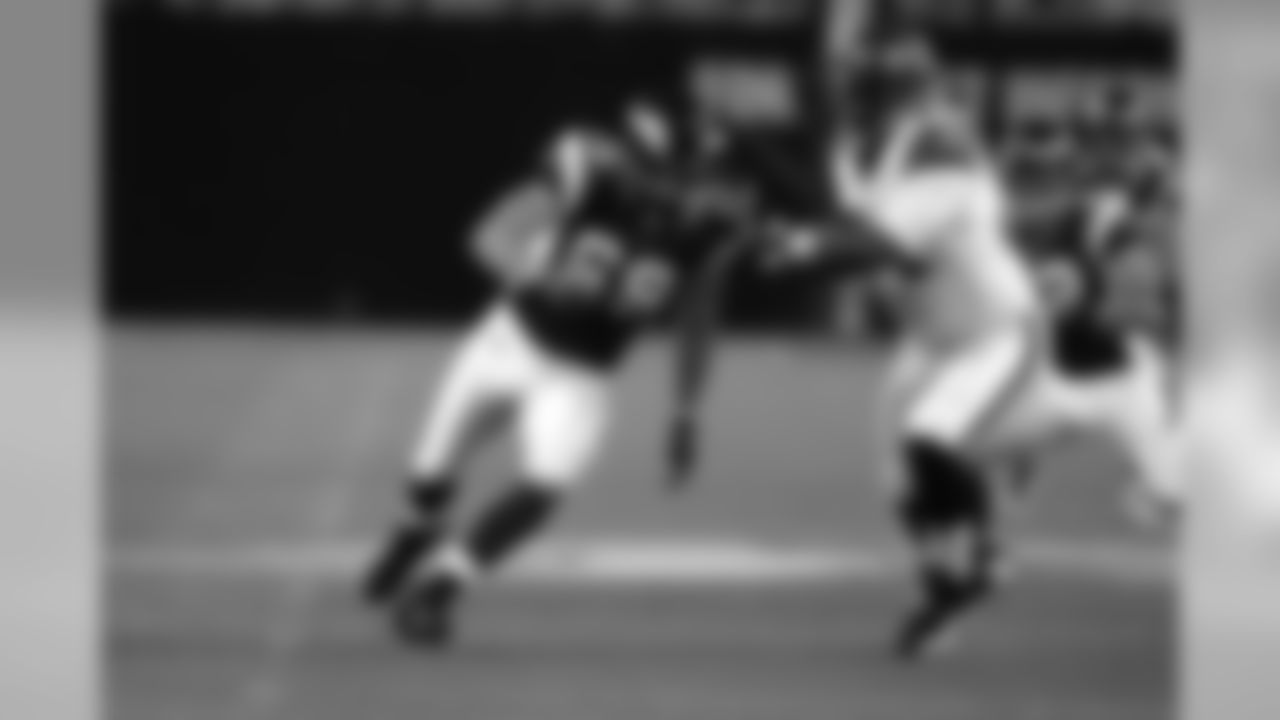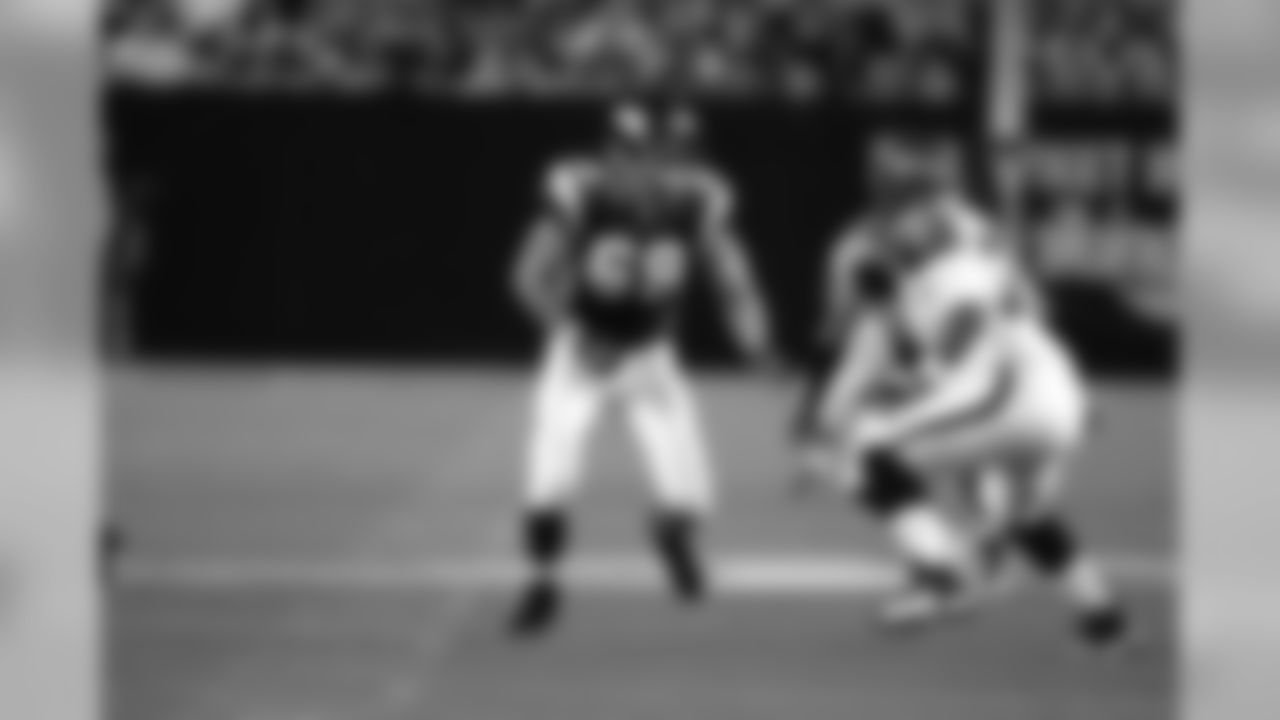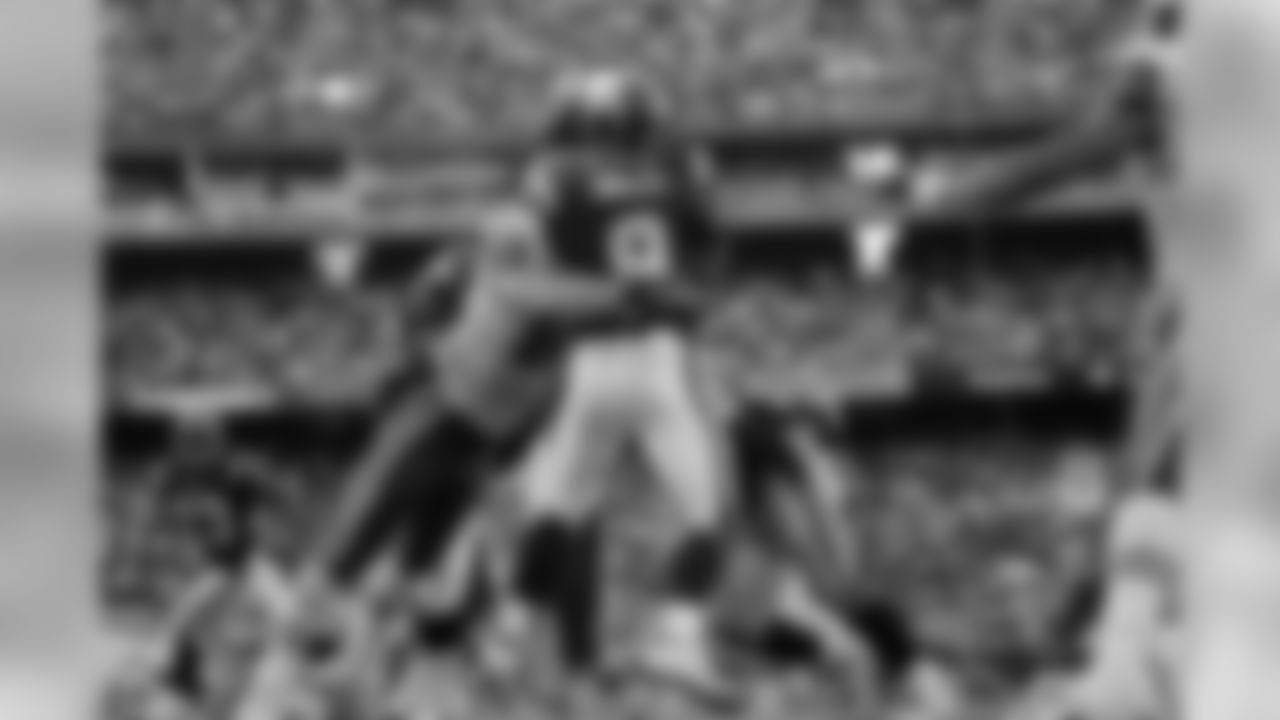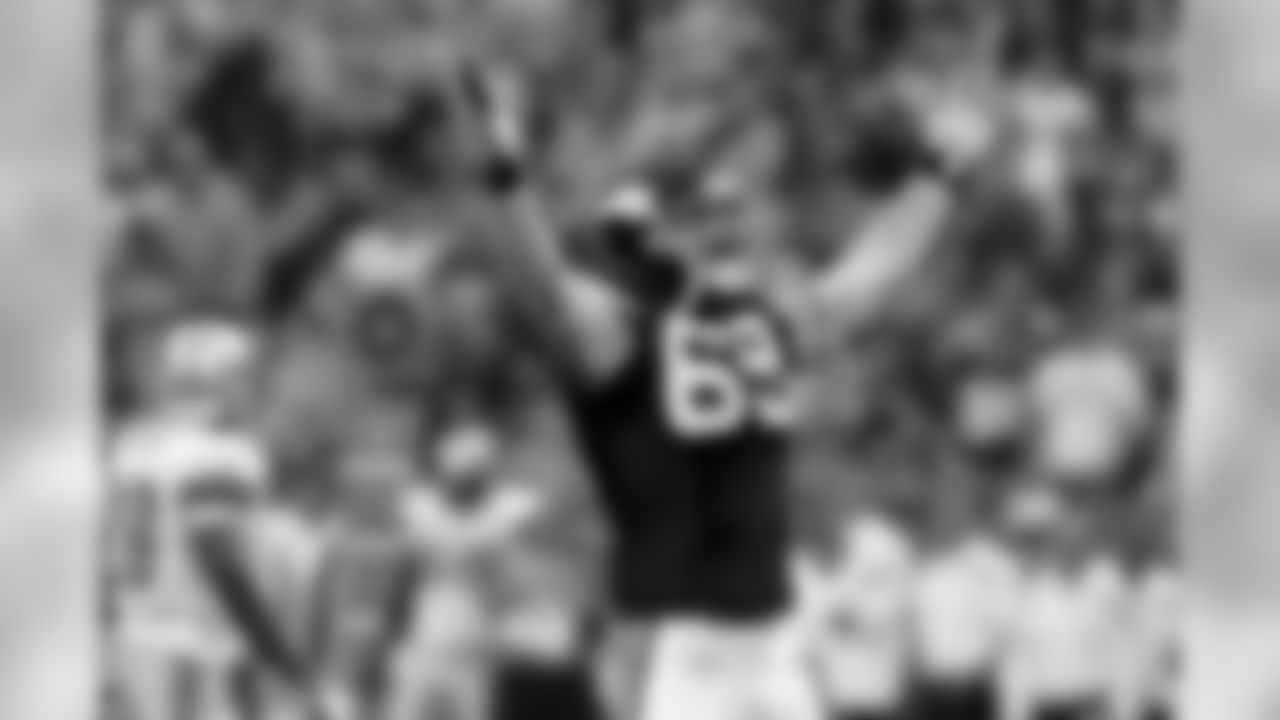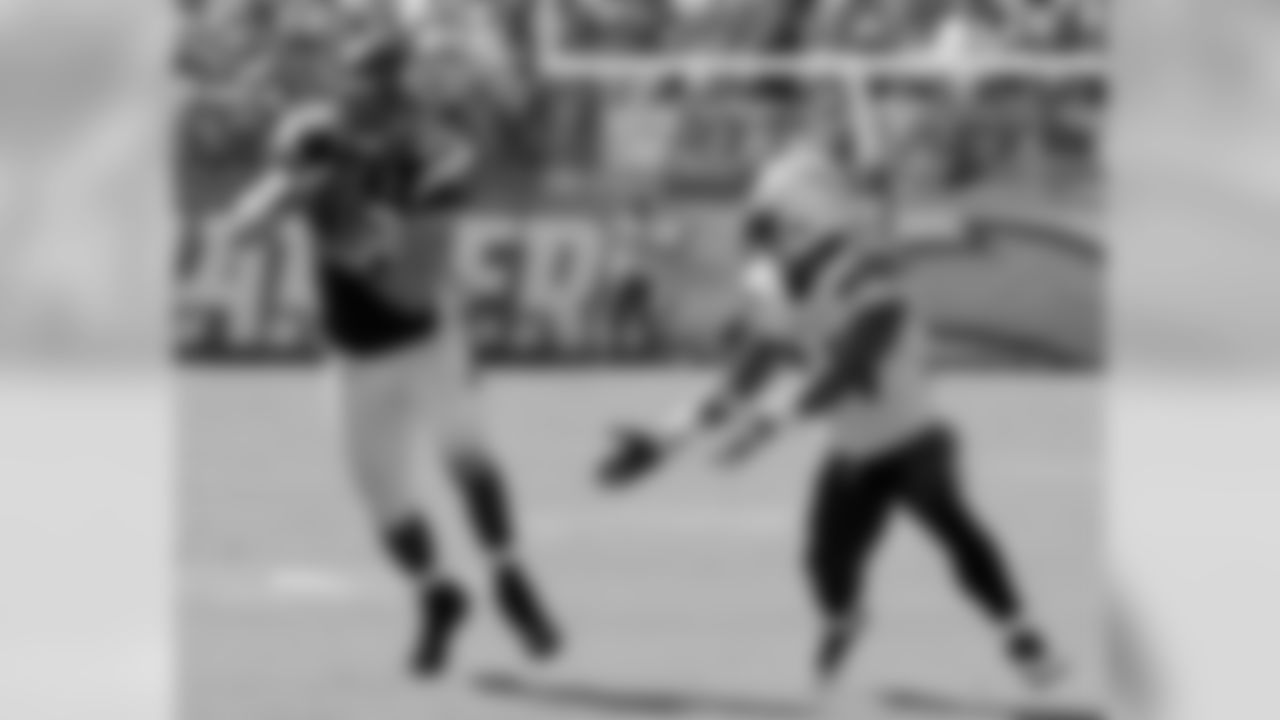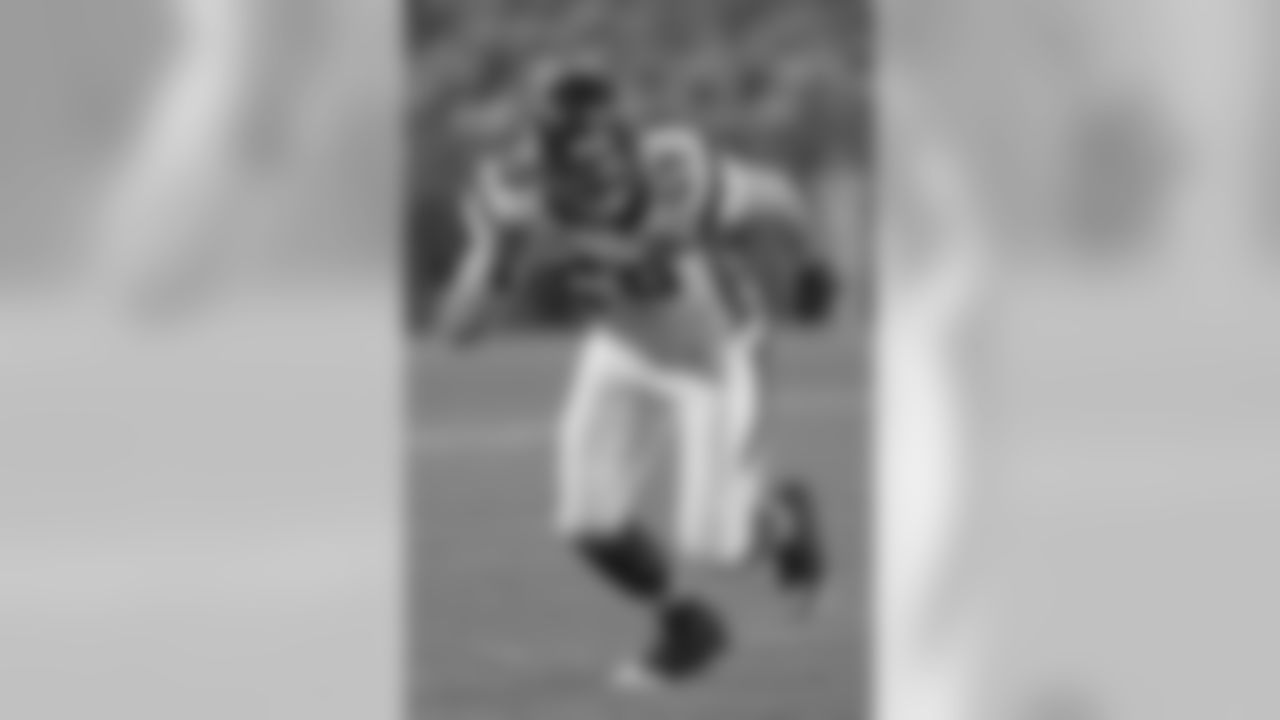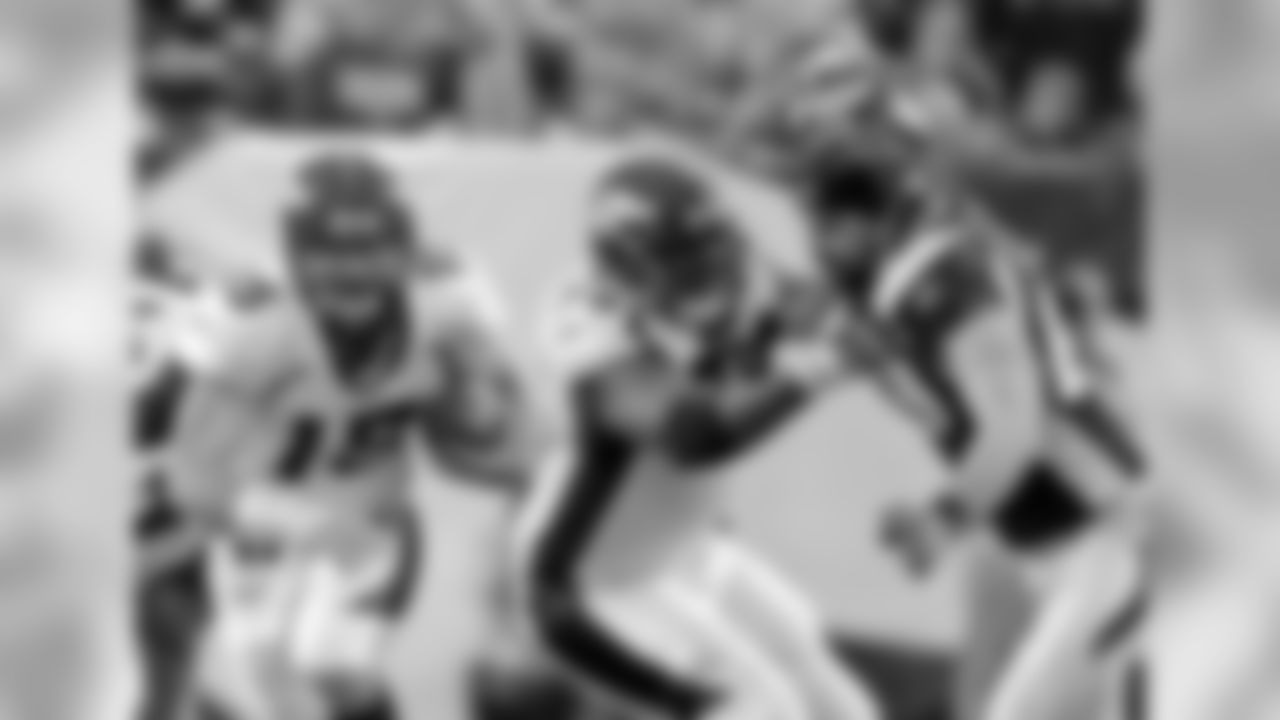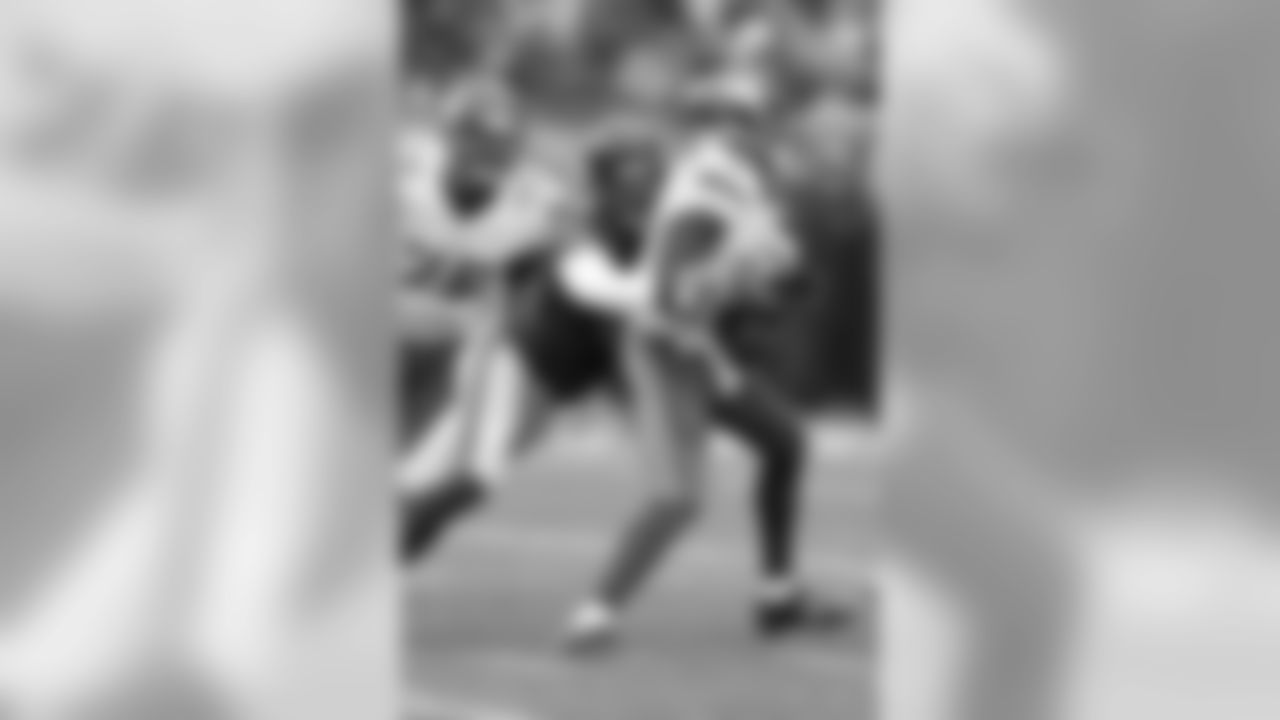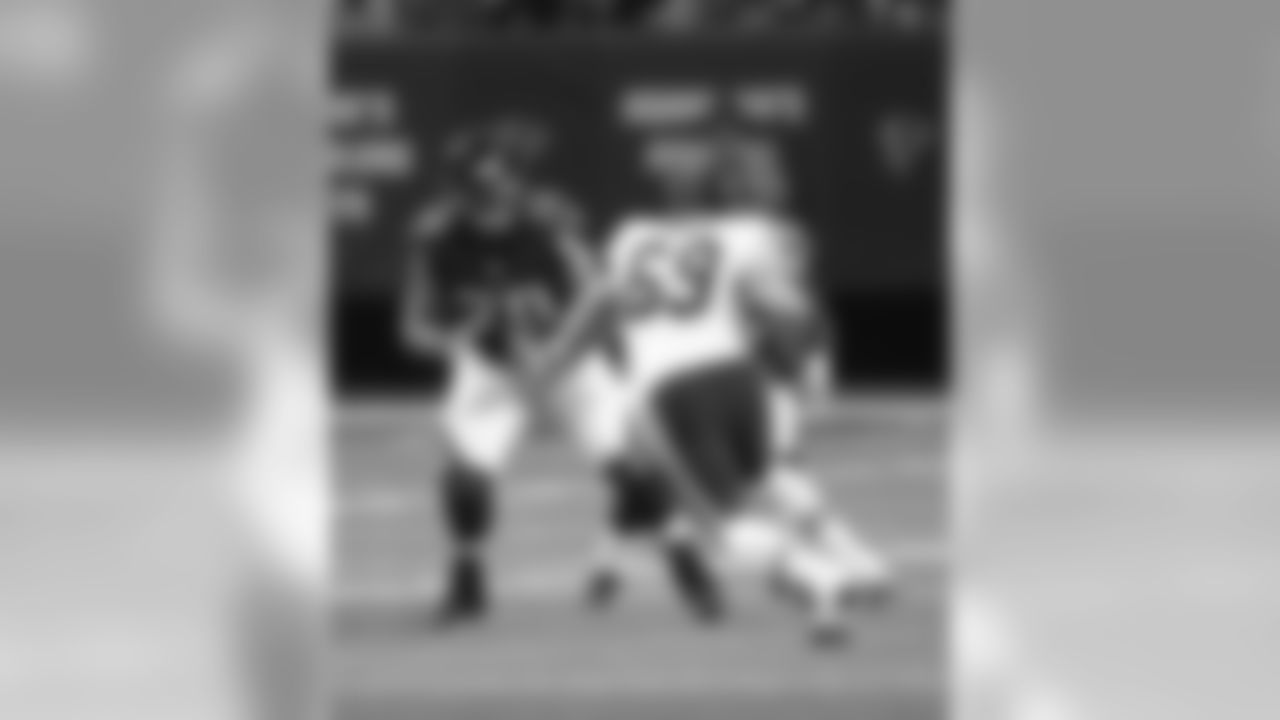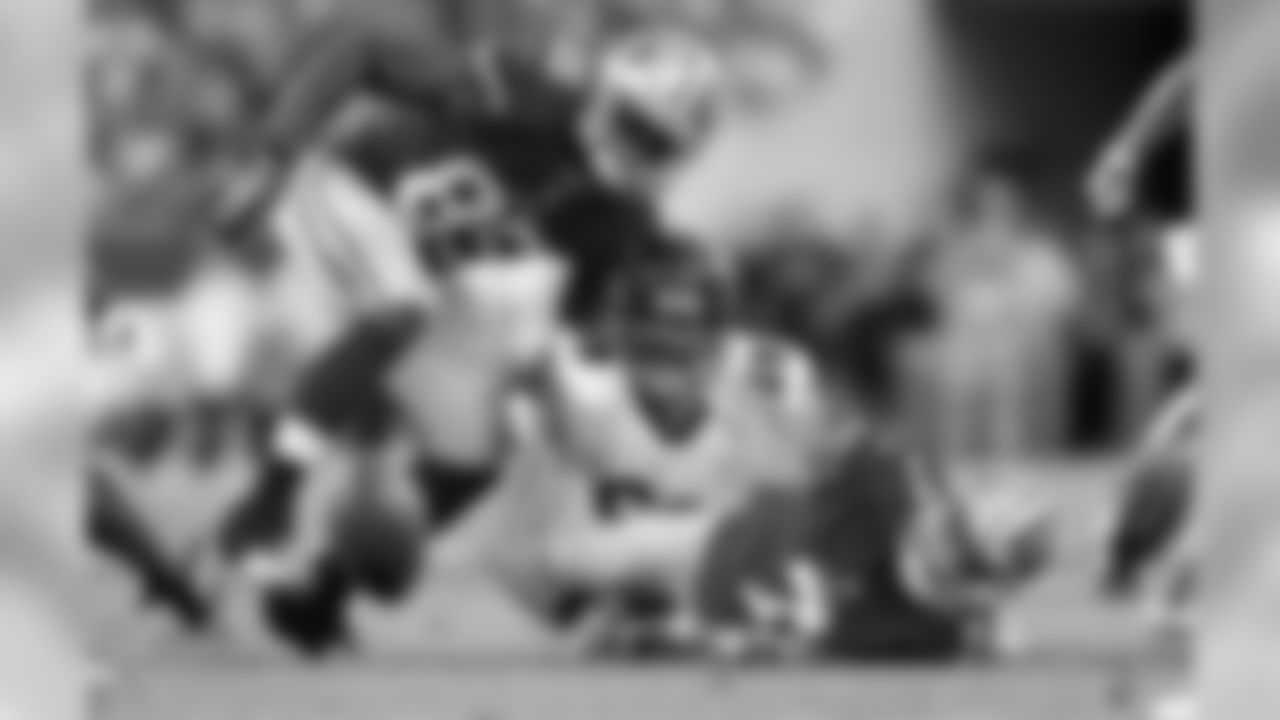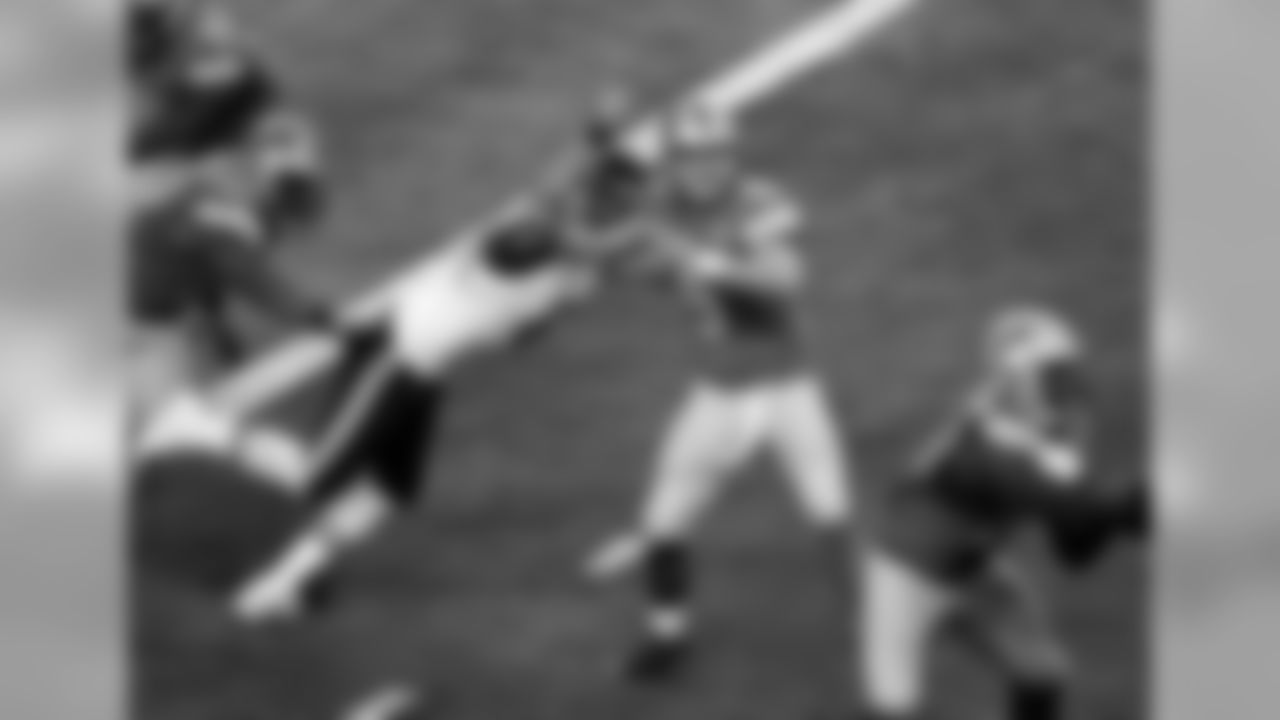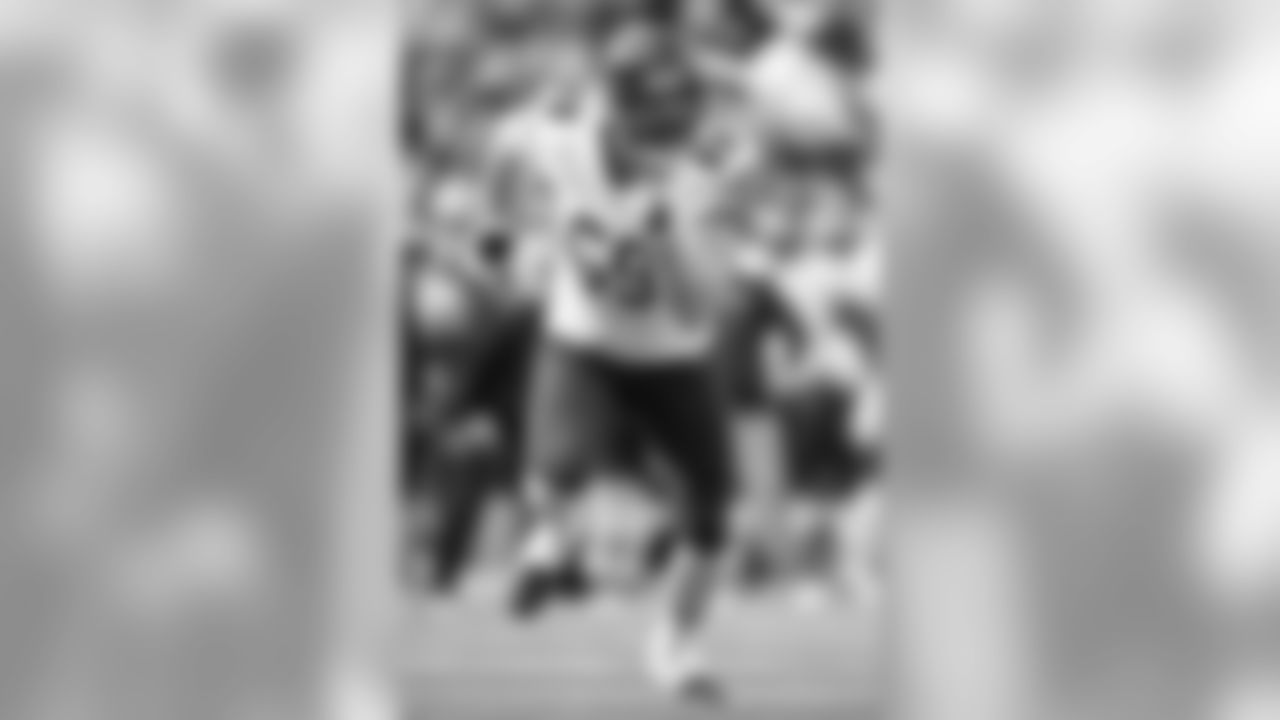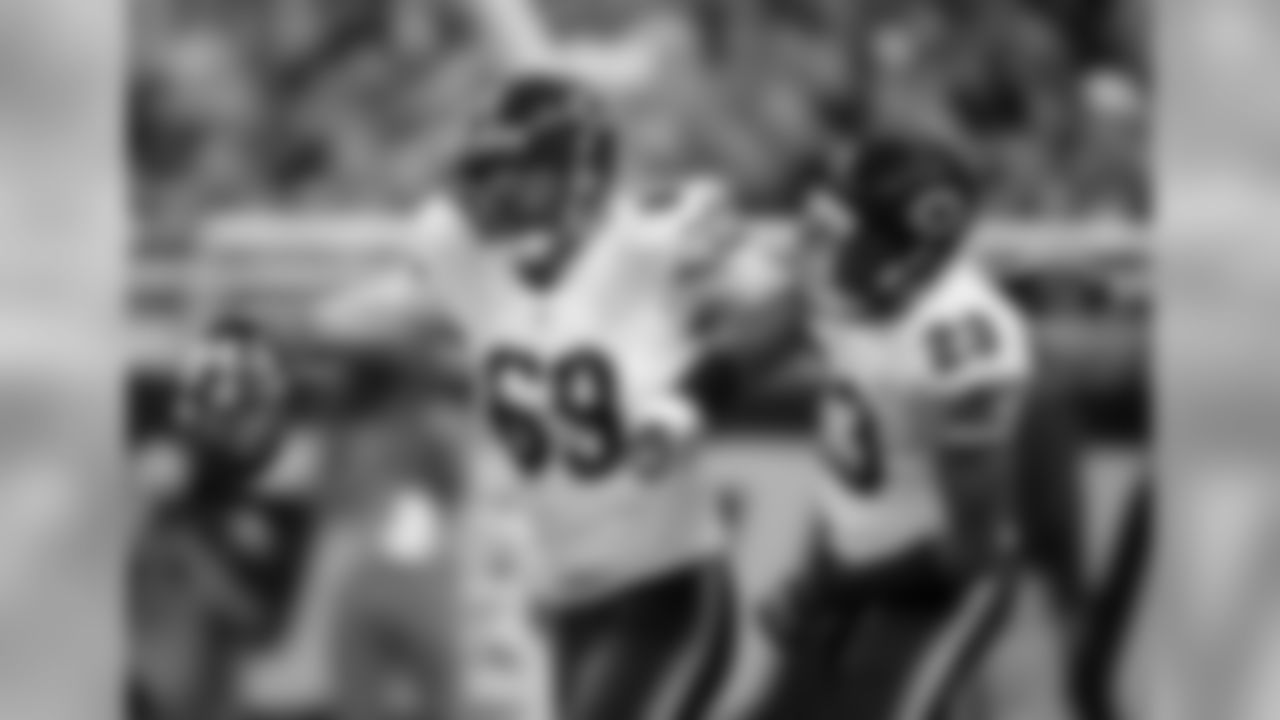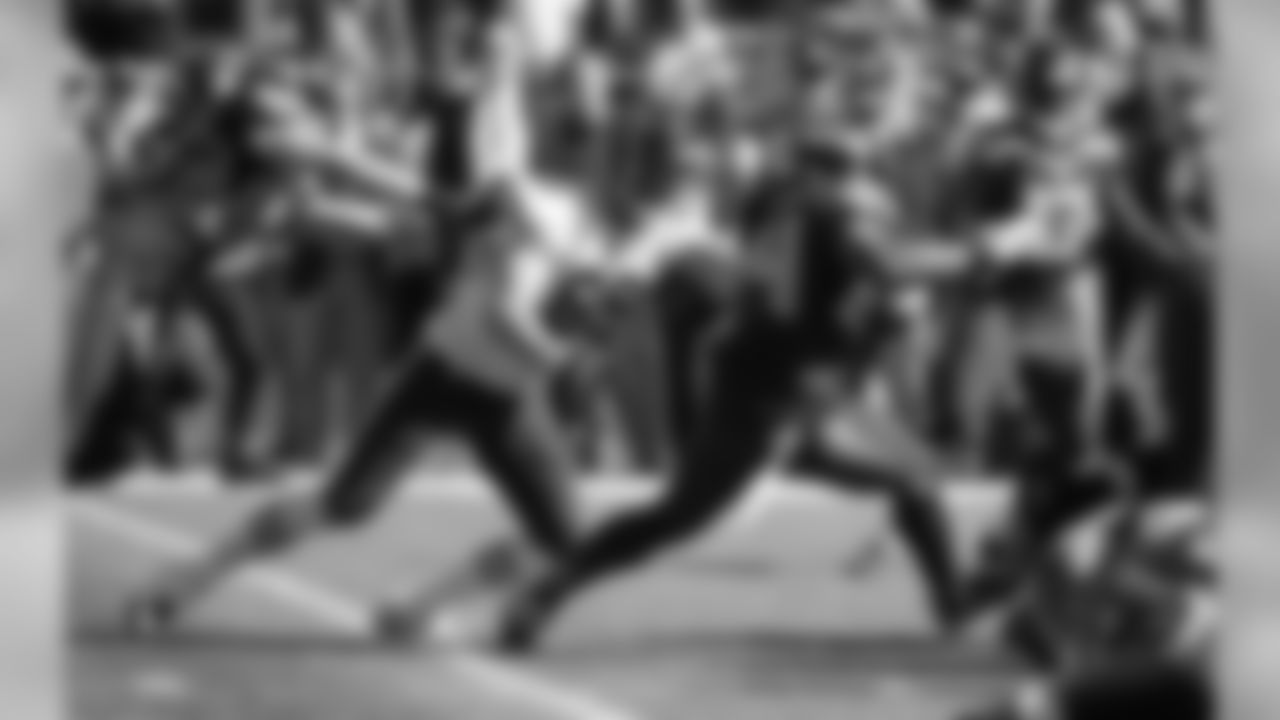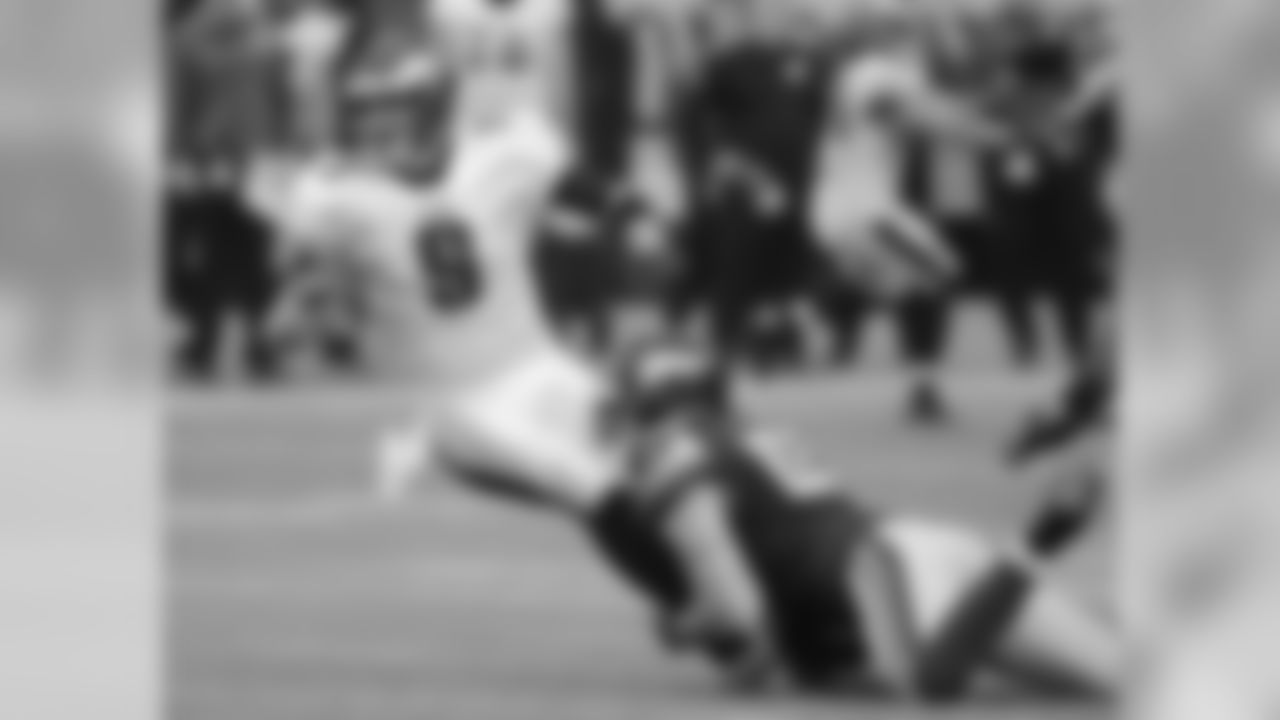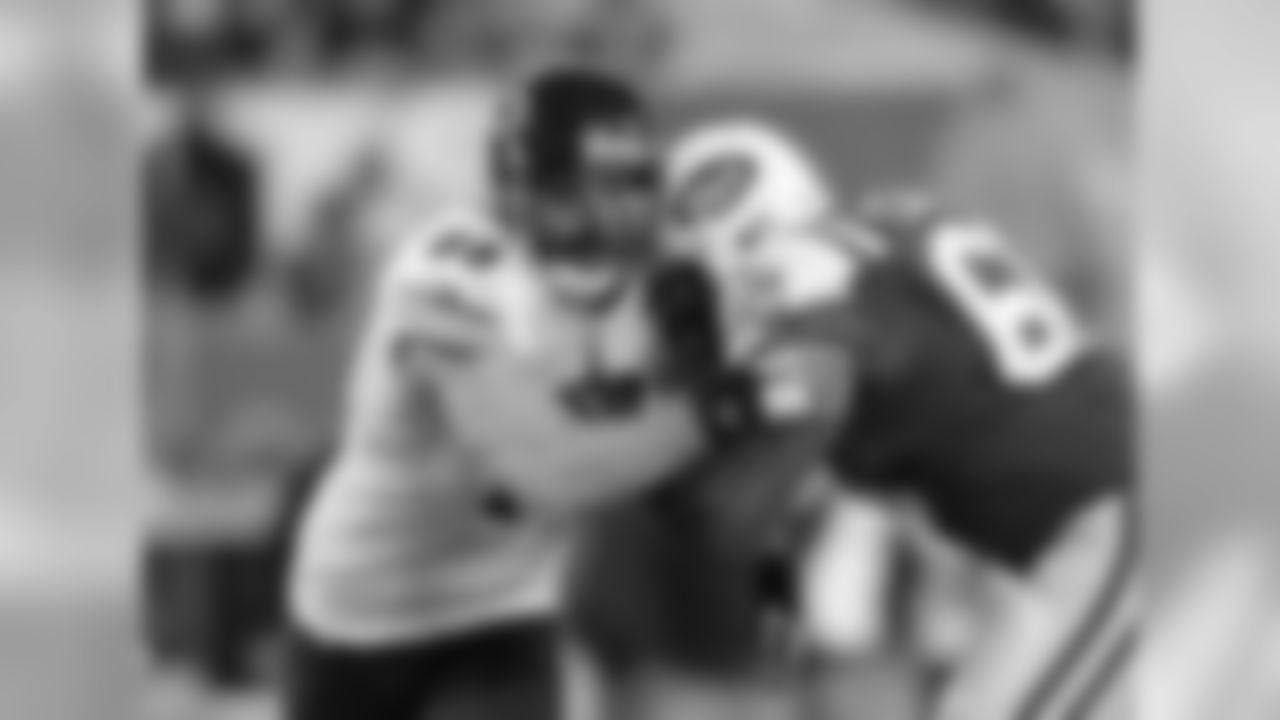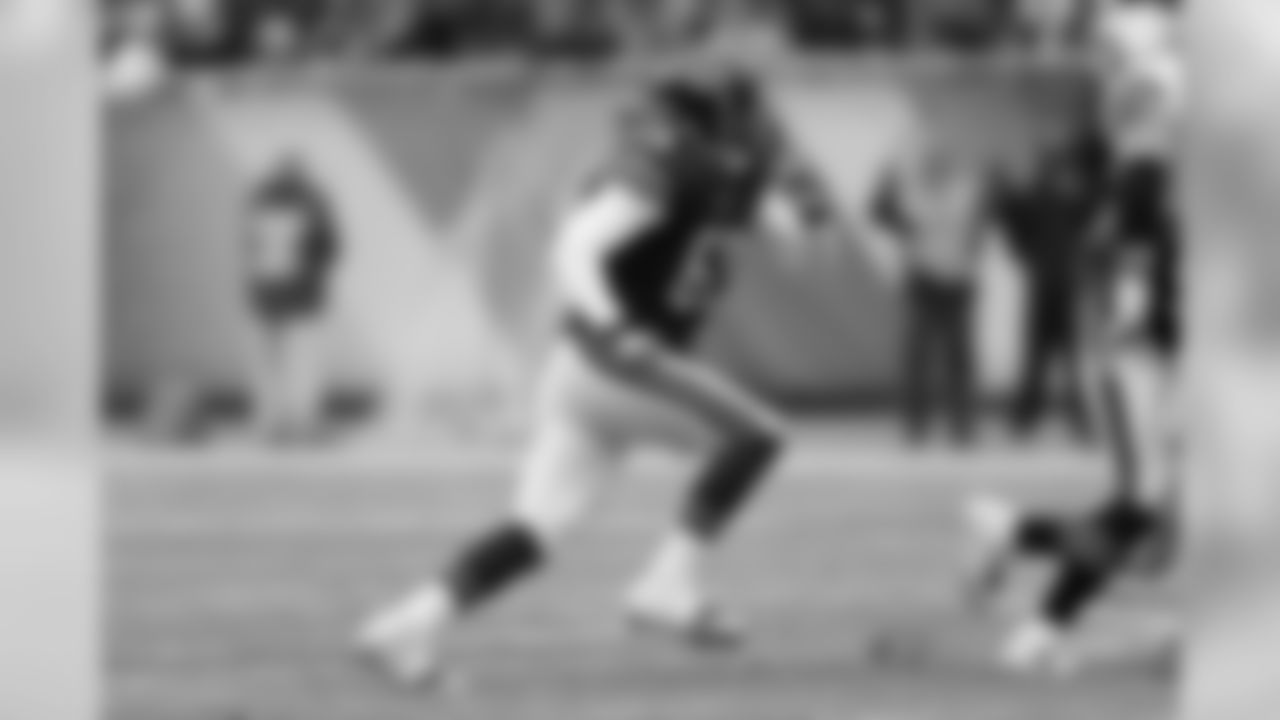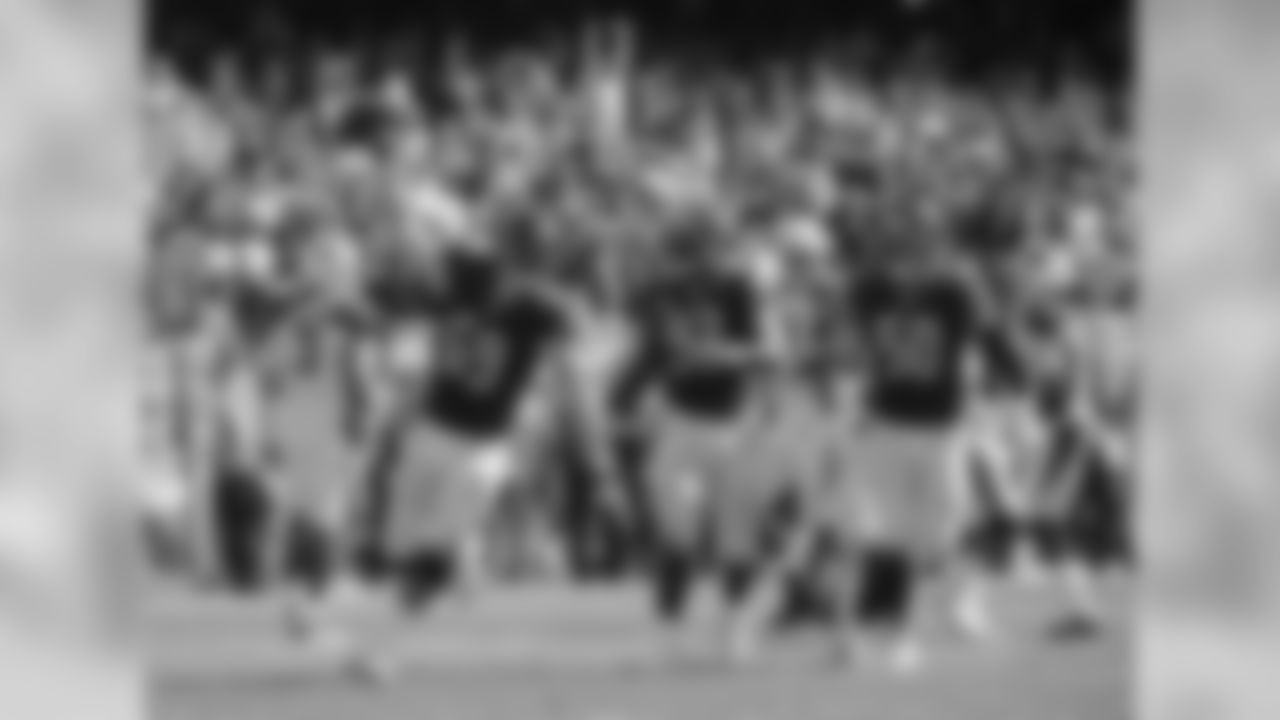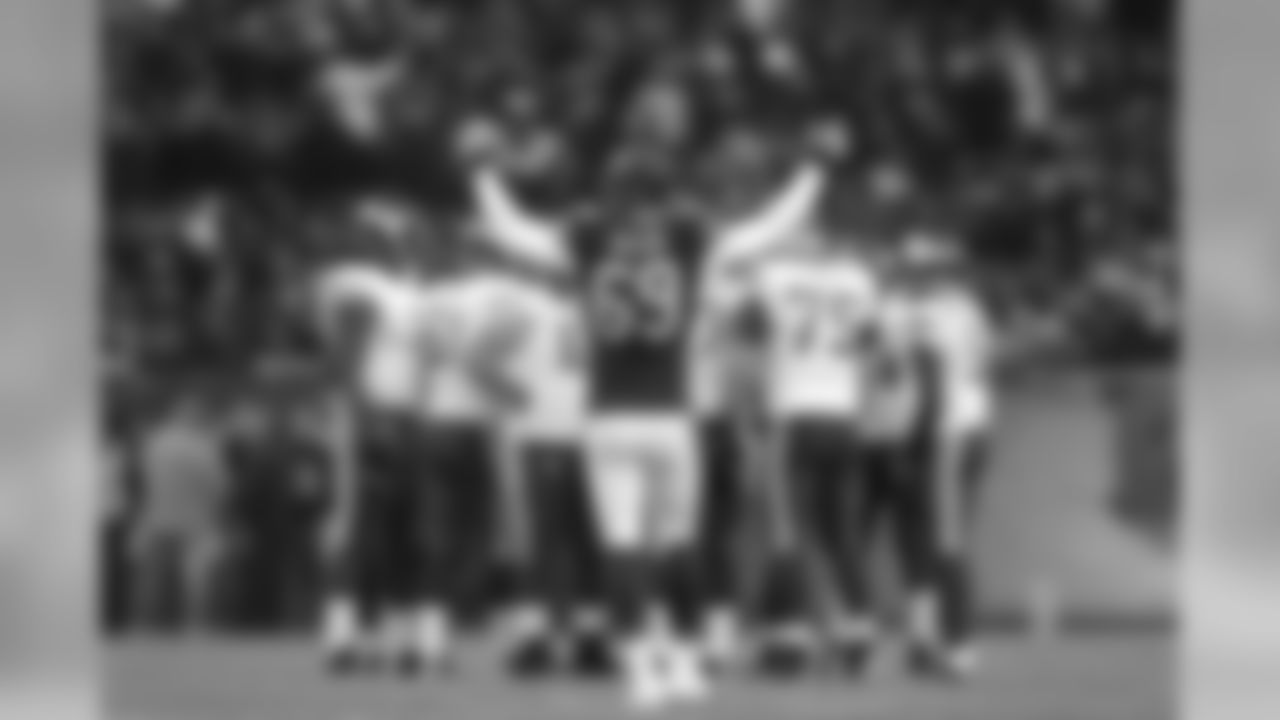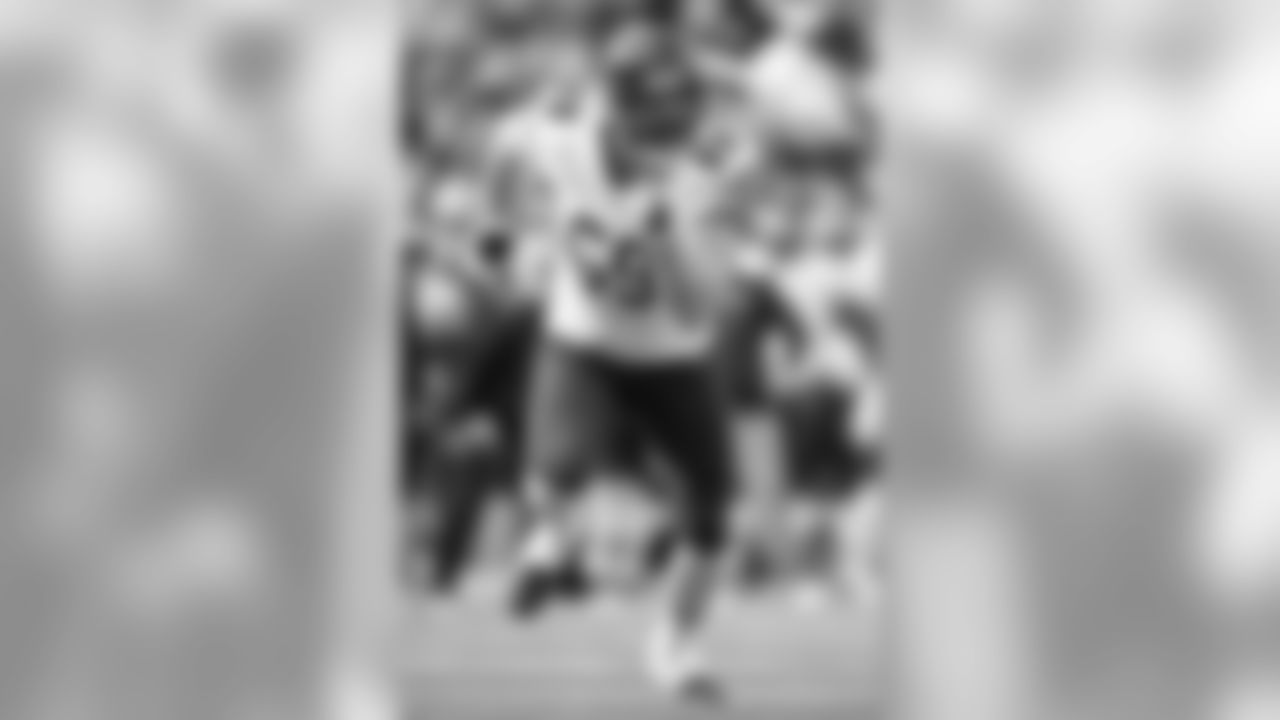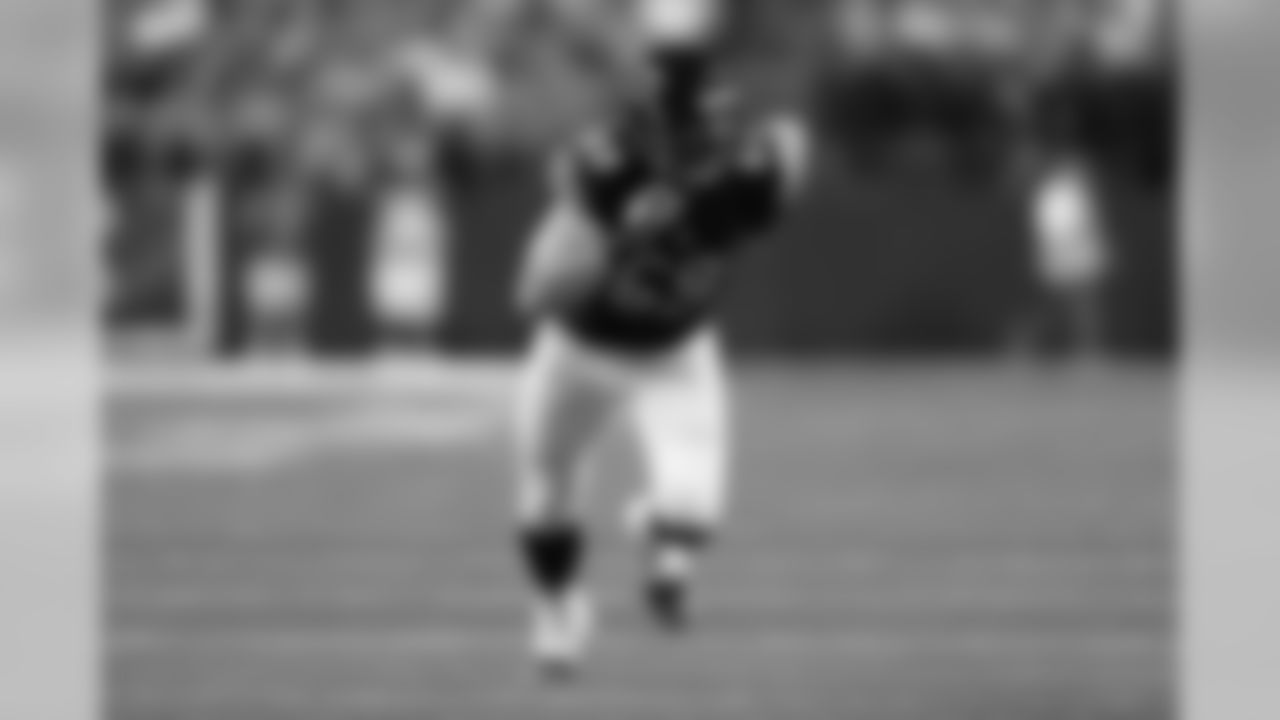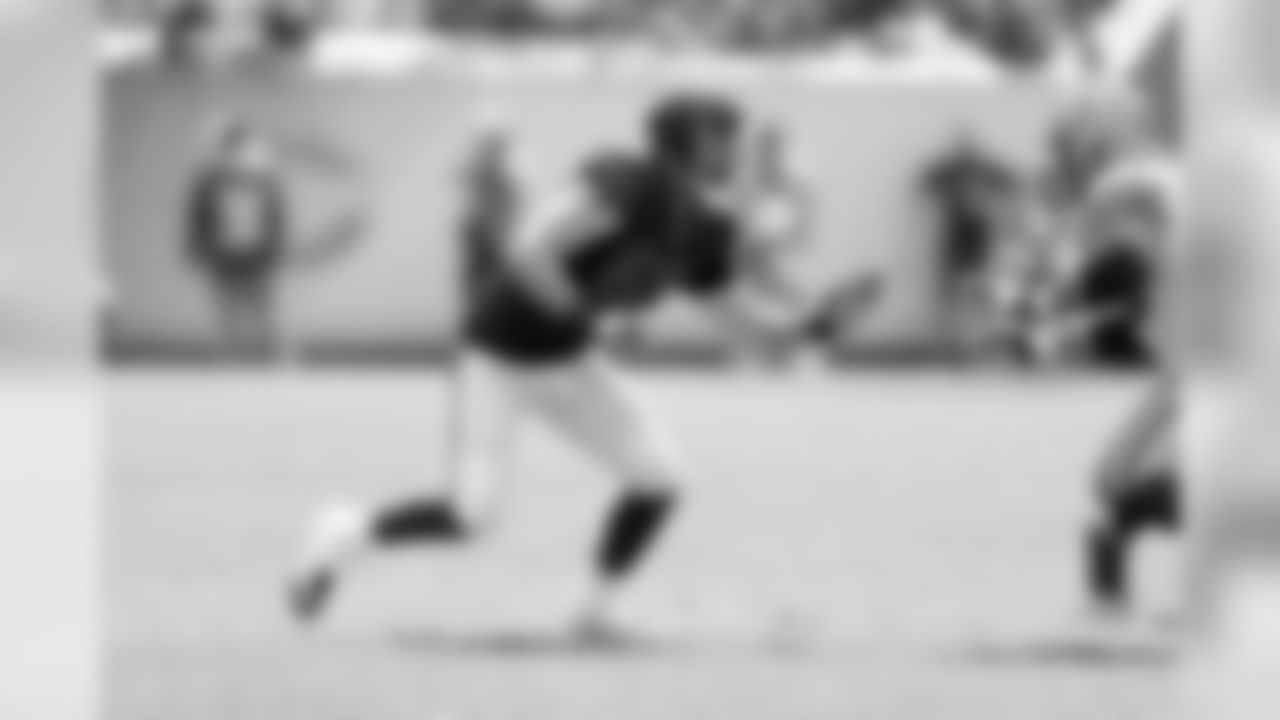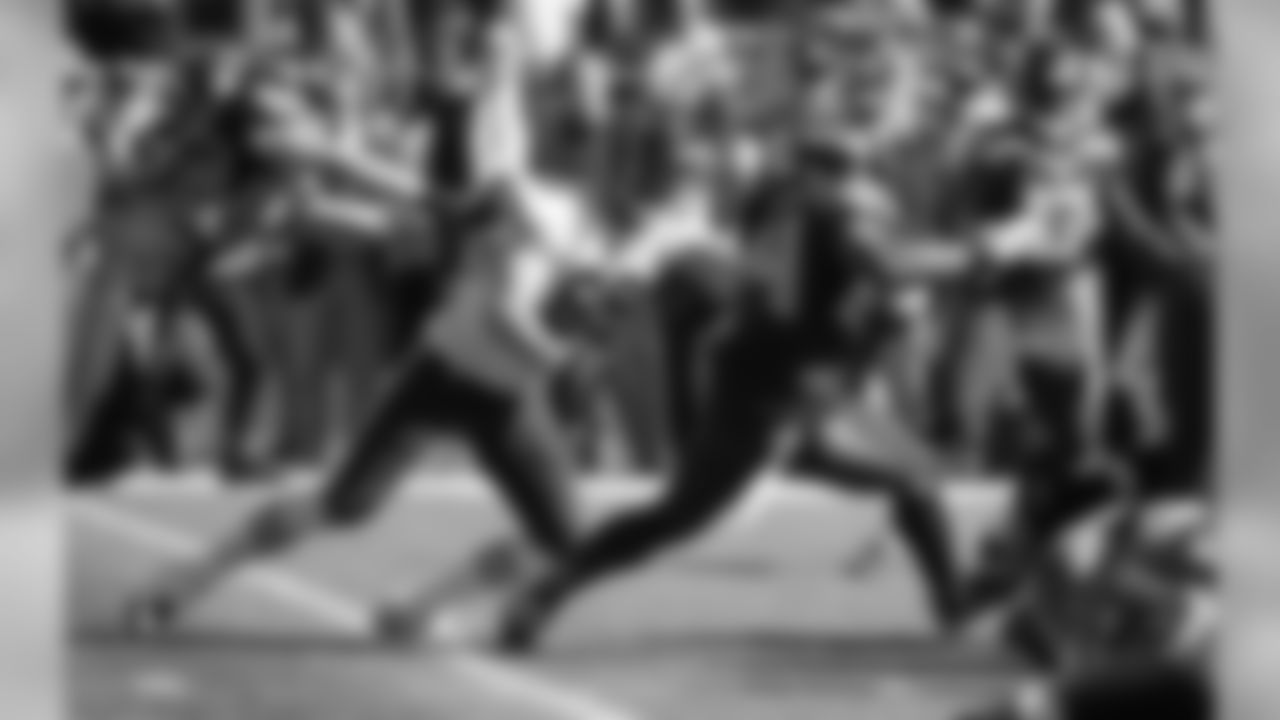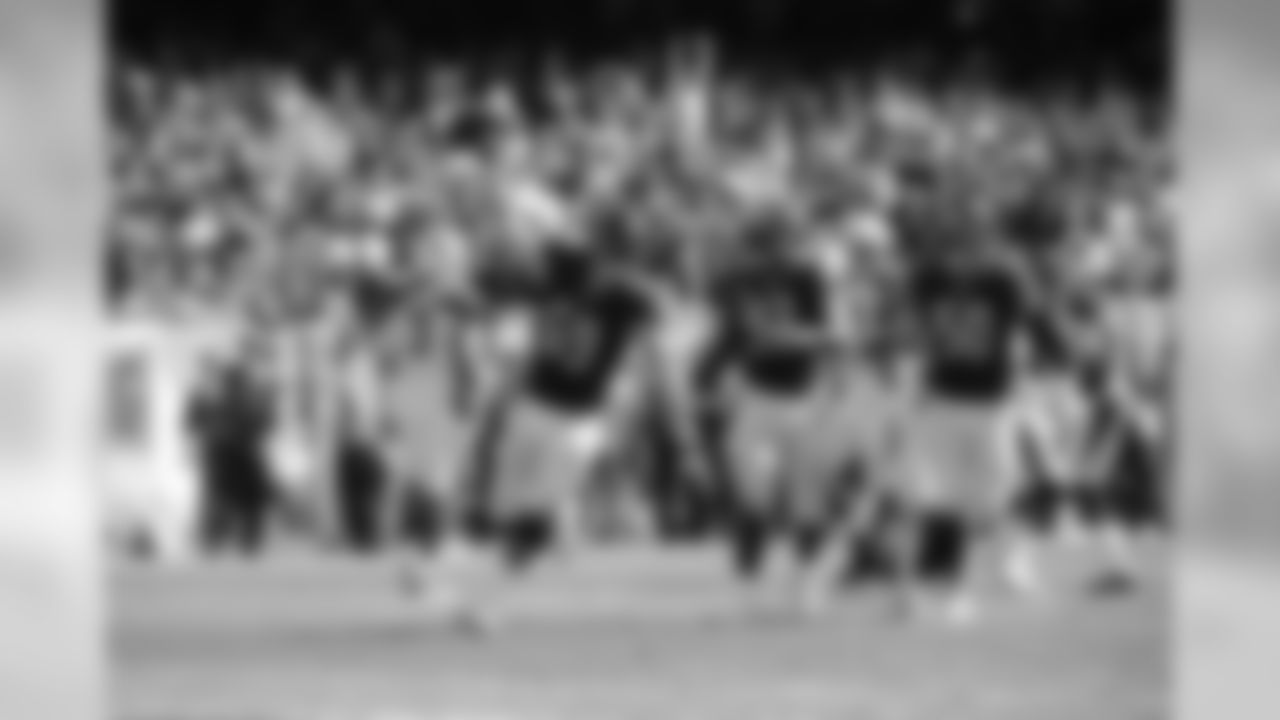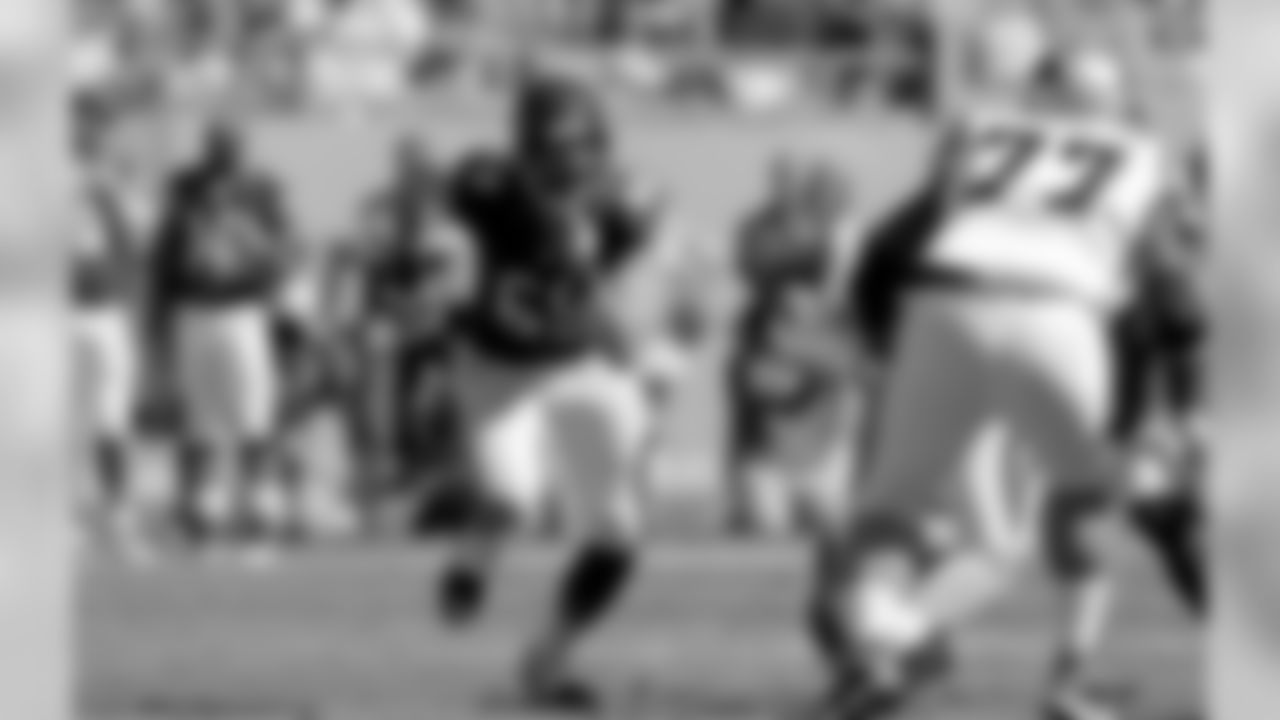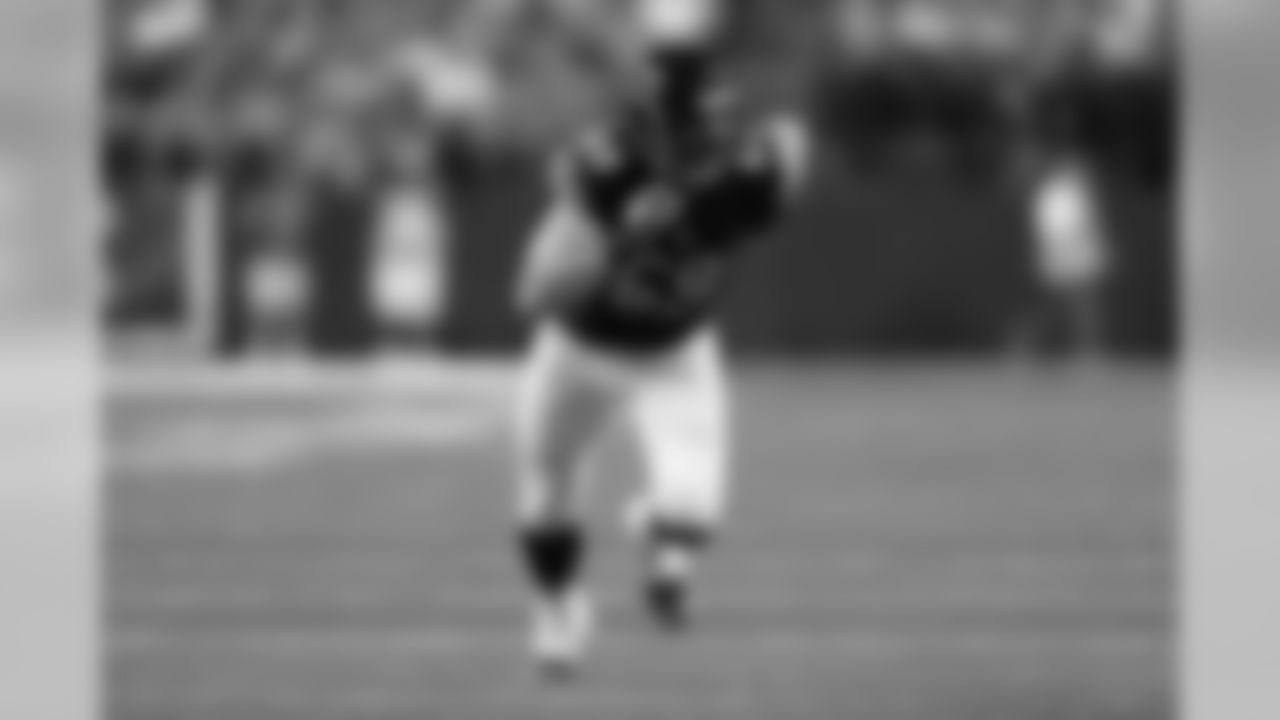CANTON, Ohio — Jared Allen's going into the Pro Football Hall of Fame today, achieving the greatest individual honor you can reach in the sport. And as that began to dawn on him, it became clearer with the perspective that age brings.
Being part of a great team was always the point.
As he considered where his bust would reside from steps away earlier this summer, the legendary defensive end thought about two seasons in particular. He led the league and nearly set a single-season record with 22.0 sacks in 2011 — for a 3-13 Vikings team.
Four years later, he fought through injuries and recorded a grand total of 2.0 of his 136.0 career sacks as a bit player for a Panthers team that went 15-1 and made it to a Super Bowl in the town where he grew up.
For all the quarterbacks he tackled and roped in his career, that was the finish he was always looking for.
"I laugh and joke; I said football, and sports in general are always, always humbling, right?" Allen said as he sat back comfortably, nursing a gigantic cup of organic coffee. "I think they teach you great life lessons. So the best individual year I ever had playing football was 2011, and it was the worst record I ever had.
"But my statistically worst year of my career was that '15 season, yet I got to play in the Super Bowl. So I think sometimes God humbles us and sports humbles us in a way. You can be so tunnel-visioned that you forget. You're only a part of a whole, right? As a team, you're a part, you have to do your part."
His brief stint with the Panthers brought a sense of joy and a sense of peace to one of the most ferocious pass-rushers of all time. And while he was just one small piece of that great Panthers team — "I just wanted to be a part of Luke Kuechly's defense," Allen said sincerely — he also fit in perfectly because of the player and the person he was.
That team was full of stars and guys with big personalities. So, of course it was where he'd write the final on-field chapter of the story that ends with him putting on a gold jacket and unveiling a bronze bust today.

But don't let Jared Allen's talk of humility fool you. He was great at this and not ashamed to let you know how much he enjoyed it.
The man who grew up on a horse ranch in Morgan Hill, Calif. (less than 30 miles from Levi's Stadium in Santa Clara, where he played in Super Bowl 50), never strayed far from his cowboy ways. There are a pair of his boots and a rope and a cowboy hat in his locker inside the Hall of Fame, where a lot of guys put helmets or cleats. Every time he corralled a quarterback, he'd do his signature calf-roping dance. So when he got that first one for the Panthers against the Eagles in Week 6, Kuechly might have been more excited than Allen was.
"I wanted to see him do the sack dance," Kuechly said with a grin. "That was Jared Allen. I mean, growing up, you watched Jared Allen, and he was a larger- than-life character — the hair, and he loved to hunt, and he was just fun. And to get him on our team was cool.
"When he got here, I was like, I hope he wants to be my buddy. But I think when he got in, everyone had shown us we're serious about winning football games, number one. And then for me, selfishly, I wanted to see that sack dance that he has, and it was cool."
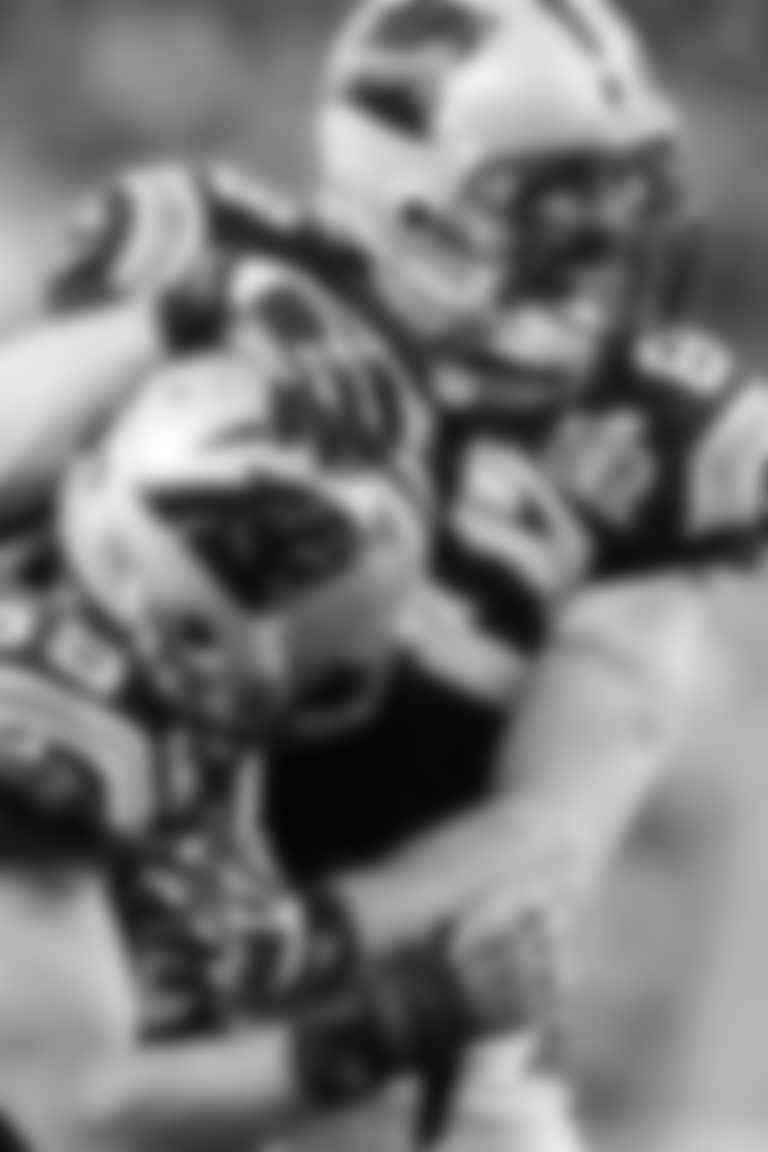
Kuechly delighted in the fun Allen brought with him during his final season, but he also recognized the decade of greatness that preceded it.
And from the start of his career, Allen began to show what he was capable of.
Drafted in the fourth round in 2004 by the Chiefs, Allen put 9.0 sacks on the board as a rookie. Then 11.0, then 7.5, and then a league-leading 15.5 in 2007 for a 4-12 Chiefs team, providing more evidence to him that all his individual accomplishments wouldn't fully satisfy him.
And even being in Canton, that thought never escaped him.
"I would say it's surreal, because it was never expected, right?" Allen said. "I didn't play to obtain Hall of Fame status, I played to try to be the best football player I could be, right? And to chase those guys, the Bruce Smiths, the Reggie Whites, the Julius Peppers, it was to chase greatness, you know? Derrick Thomas was a massive driver of my success because when you get drafted by the Kansas City Chiefs as an edge player, you're chasing one ghost, and that's Derrick Thomas. His shadow looms over the organization and rightfully so. So I tried to learn as much about him as I could.
"I did have that selfish mentality of I wanted to make every play, right? I felt that's how I helped my team win by being the best defensive player I could possibly be. So it's humbling, it's surreal when you finally get here, but I think you look back and say, even though this wasn't my motivation, when you look back at the totality of the career, you're like, yeah, I should probably be here with these guys. And I think they would probably say the same thing.
"That's what's great when you get to talk with other Hall of Famers, is you realize you have a mindset, you have a character trait in common with a lot of these guys, right? They were chasing greatness, and they might have had side motivations as well. Maybe some people wanted to get paid, obviously, we're all chasing a ring. But at the end of the day, you know, we were trying to be the best at our positions."

While Allen's 12th on the all-time sack list, putting him on the same leaderboard as Smith, White, and Peppers, he also worried about being chased by mere mortals. He joked about the duality of trying to be like Reggie White, while worrying about a Jason Babin in 2011, who "came out of nowhere" to push him with 18.0 sacks (Babin finished a fine and creditable career with 64.5 sacks).
Allen was trying to lead the league, and he went into the final week of the season with 18.5, just a half a sack ahead of the Eagles pass-rusher of temporary renown.
"In what year do you have 18 sacks and not lead the league in sacks?" Allen asked, incredulously. He promptly put 3.5 more on the board in the finale against the Bears, who had a guy named Julius Peppers standing on the other sideline.
"Guys like Julius, who I'm a major fan of, I wanted to be better than him," Allen said. "So every year I'm trying to beat him, in my mind I'm competing. I used those guys as healthy competition, as a driving factor.
"So now when you're sitting here, but when I see Julius and we can both sit here and laugh and joke about our gold jackets, we can go back and reminisce about the battles we had competing against each other for that sack title."

Peppers never won a yearly title, but his 159.5 sacks are fourth-most all-time. So he was more than a worthy competitor whom Allen was always chasing. One offseason, that meant working out alongside the Panthers legend in Arizona.
"There was just an admiration of a dude, comparing notes, there are certain things he did that I just couldn't do," Allen admitted. "I couldn't throw a hump like that dude could, he can take his left arm and knock them in the next week. I remember him coming in, no joke, I'm like this dude's 295 pounds, like 3 percent body fat. This dude's an absolute monster. I'm like, holy smokes.
"Certain players command a presence like Julius Peppers. So I think when a guy like that walks into a training facility where you have young players, it holds a certain weight. You're motivated to elevate in those moments because it's Julius Peppers."
So the chance to join Peppers' old team in 2015 was clearly something Allen relished.

Three games into his final season, in which he was uncomfortably cast as a 3-4 outside linebacker, he went to the Bears coach and GM after a depressing road loss in Seattle and asked to be traded, specifically to Carolina, so he could chase that ring.
And when he got here, he was greeted enthusiastically by everyone. The Panthers were full of stars that year, twin supernovas Cam Newton on one side and Luke Kuechly on the other. When another legend like Charles Tillman came to the Panthers earlier that offseason, it just added to the parade of stars that included Josh Norman, Thomas Davis, Greg Olsen, Ryan Kalil, and so many more.
Olsen, who was playing for the Bears when Allen was wrecking things for the Vikings, was among the first to greet him.
"I was glad that he finally was going to be on our team," Olsen said. "I grew up playing against Jared early in my career, so I just know from playing against him how hard he played, how much energy he played with, the passion on the field. What I didn't realize when he came into the locker room was just the charisma he had, how infectious his personality was, and how much energy he brought to the team. He was such a great addition for us.
"His impact in the locker room was just as felt as it was on the field. And he fit in great. It was like he had been on our team for 10 years."

Kuechly remembers just sitting around and listening, because if there's anything Allen's better at than sacking quarterbacks, it's telling stories.
"Jared came into our team, and he fit us," Kuechly said. "And he was easy to be around, and he was fun, and he was Jared, he had a million stories, great stories. Played with everyone, been everywhere, obviously a Hall of Famer. He was a great teammate. He practiced his butt off when he practiced. Like, he didn't need to practice a whole lot, but when he was on the field, he practiced, right?
"But my view of Jared is like Panthers gear on, flip flops on, he always had this thing on his finger because his fingers get all jacked up, with a cup of coffee. He had big hands, and the cup of coffee looked so small in his hand, and he was always holding court. To me, you know him as a football player, but as a teammate, he was just a guy who loved football. I think he loved being around it, super-relaxed and chill, and kind of knew who he was as a player. But always had a story, always drinking some coffee, and he always had that raspy Jared Allen voice. He's just a unique guy."

Allen walked in the door with a career's worth of accomplishments, but he also walked in the door humbly. He was trying to fit in, so he was generous with the gifts.
At the time, he owned a bucking bull named Air Time, who was the king of the professional bull riding circuit, famous enough to have his own merch. Then-Panthers GM Dave Gettleman recalled that fondly this summer.
"This is the god's honest truth," Gettleman said with a laugh. "I wore that shirt yesterday."
And after Gettleman swung that quick trade in response to Charles Johnson getting hurt, he realized that Allen was a perfect fit for that team.
"He had been with us like two weeks, and he came to me, he looked at me, and he said, 'Dave, I have never been in a locker room like this,'" Gettleman recalled. "He said, 'I have never been on a team like this, the only thing anybody gives a s--- about is winning.' He said it was unusual.
"So he was a happy camper from the jump, and didn't take him long to settle in."
It wasn't just promotional T-shirts Allen was handing out, either.
Charles Johnson, whose injury sparked the trade that brought Allen here, still has the custom cowboy boots Allen bought for the defensive linemen. He said that as soon as Allen walked in the door, you could tell things were different.

"He was energy, fire energy," Johnson said. "I think he was going to ride for whoever he plays for and whatever D-line he's with. He came off the rip trying to take care of guys, pay for food, pay for stuff. It was like, he knows he's the OG. But he just wanted to come in and help.
"I think anytime you go into a situation like that, you always have to lower your ego. But I didn't feel like he came in with no ego. He just fit in."
Of course, the ride was not without a few bumps.
During his first week of practice with the Panthers before their game at Tampa Bay in Week 4, he felt a familiar pain in his lower back. And it stung for more reasons than one. He was looking forward to facing a rookie left tackle in Donovan Smith and a rookie quarterback in Jameis Winston. He wanted to make a statement to his new teammates by doing what he did best.
"That Saturday, literally in walk-through, I blew my L5 (disc) out," Allen said. "So before I play my first game. I was so excited. I have my hand back in the dirt. I figure I'm good for at least two down in Tampa. And then my L5 ruptured again. I'm spasming on the plane, (then-athletic trainer) Ryan Vermillion is literally working on my back for hours in the hotel, trying to figure this thing out.
"I'm thinking, oh man, something's wrong. At halftime, I can't even lift my heel off the ground anymore. Like, my leg just went dead, so you know, that sucked. And I battled that for the rest of the year, trying to get that back. Finally, four epidurals later, it came back, but, ..."

Allen laughs about it now, but he was in intense pain for much of that season. And a late foot injury actually led coach Ron Rivera and Gettleman to park him in the NFC Championship Game (an easy win over the Arizona Cardinals) so they'd be sure to have him in the Super Bowl.
"He was not happy with us," Gettleman said. "I said, listen, we want you to play the game in February. We feel good about what we have to do against Arizona. And he was fine. I mean, he was disappointed. I think that's a better word. He was disappointed that he couldn't be out there with the guys, because it was not about him.
"He just wanted to play."
Learning to play with diminished capabilities was a hard pill for Allen to swallow. But he was also having so much fun that he also learned to swallow some pride.
When he was unhappy with his own individual performance, he recalled a meeting with defensive coordinator Sean McDermott, who took him back to the foundations of football that Allen had mastered so long ago, but had forgotten in a moment of frustration.
"I felt like I was half a step off, missing something," Allen said. "I'm watching film, trying to figure out how I get more sacks. I had gone three games without a sack, and then he came in; this is why I love Sean. He put on a run tape, right? And he's like, I don't have anybody that can set the edge right there like this. He's like, I don't care what you do getting to the quarterback. This is where it starts.
"And so it was back to fundamentals. To be at that point in my career, Year 12 with this expectation of what I do, getting to the quarterback, but bringing it back to the fundamentals of what this game was all about was stopping the run, to me was awesome. I had so much respect for him. Again, like I said, sports are great that way. They teach you lessons even when you're not looking for them."

McDermott was in charge of putting together the parts on a defense full of legends, and he admitted that turning a Hall of Famer into a rotational lineman was strange for him, too. But the way Allen approached it also cemented the respect they had for him before he arrived.
"When you think about Jared, you're coming into a situation where he's highly decorated, and he's coming to a team that's undefeated, so that's a unique situation in and of itself," McDermott said. "So you want to respect the level of the player that was coming to us and make sure that it was a good fit, because we had such momentum, we were playing really well. But it was a seamless transition, and I credit Jared a ton with really just saying, 'Hey, how can I help?' Because he knew he may not even start, or what have you, but he always had a team-first approach.
"What I loved about it was, I said to the rest of the guys on the defense, here comes a future Hall of Famer, and he's known for sacking the quarterback, and he's willing to play the run, do his job, stay in his gap for the betterment of the defense. And I think that was a real unselfish trait, and I thought it was important. And the guys' appreciation and respect for him just grew exponentially."

Of course, not every story gets a happy ending.
Allen didn't get to ride off into the sunset with a Super Bowl ring he won in his hometown. He would get on a horse and do that back on his ranch, retiring a week and a half later in a memorable video.
But as he thinks back on his career, as he thinks back on all the sacks and dances and memories he made, he smiles easily when he talks about that final chapter.
Jared Allen might not have made as many plays as a Panther as he did elsewhere.
But he did remember what he loved the most about the sport, and the most important part of it all.

When Johnson returned to the lineup, Allen went from being a full-time player to just another part of a larger whole.
A guy who was used to feeding off the energy of playing every snap was now taking joy in playing the ones he got with full effort, with a full complement of amazing players around him.
And that became enough.
"Once everybody was healthy, I went from playing 70 snaps a game to 30 or 40, and that's not how I played. But that's how that system played, so you have to adapt," Allen said. "So personally, you're battling those things, right? Because I'm like, I need to be lathered up, I need to be out there, I need to be grinding. That's how I operate.
"But at the end of the day, it was pretty much a get-out-of-your-own-way deal. You said you wanted to play in a Super Bowl before you retired, and here you are on this insanely good team. So just find where you can help, and let's get to the ultimate goal."
For Allen, that ultimate goal comes today, with a place in the Pro Football Hall of Fame. But along the way, becoming a part of one of the most successful teams ever was a necessary step, and one he treasured.
View photos of defensive end Jared Allen during his 12-year NFL career.
